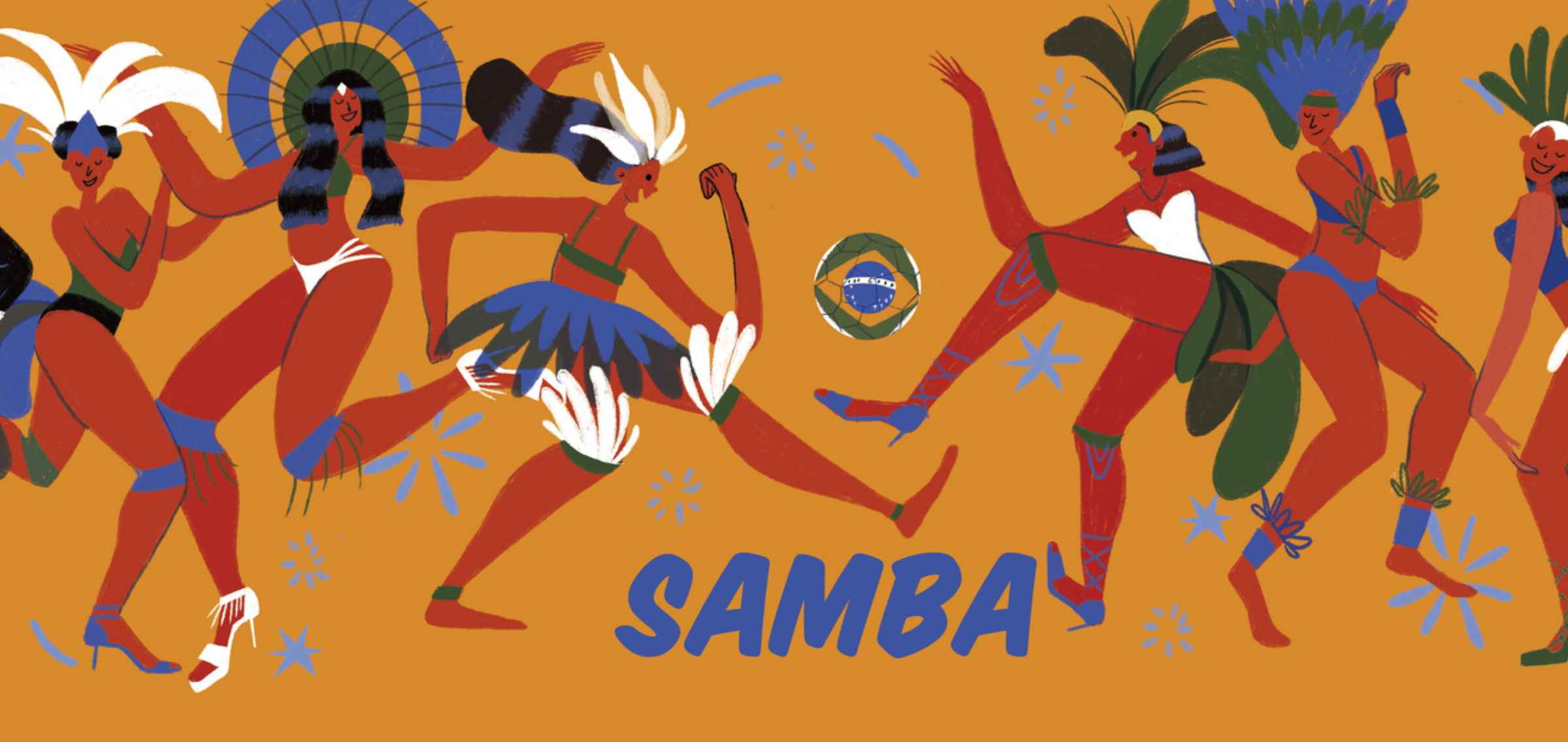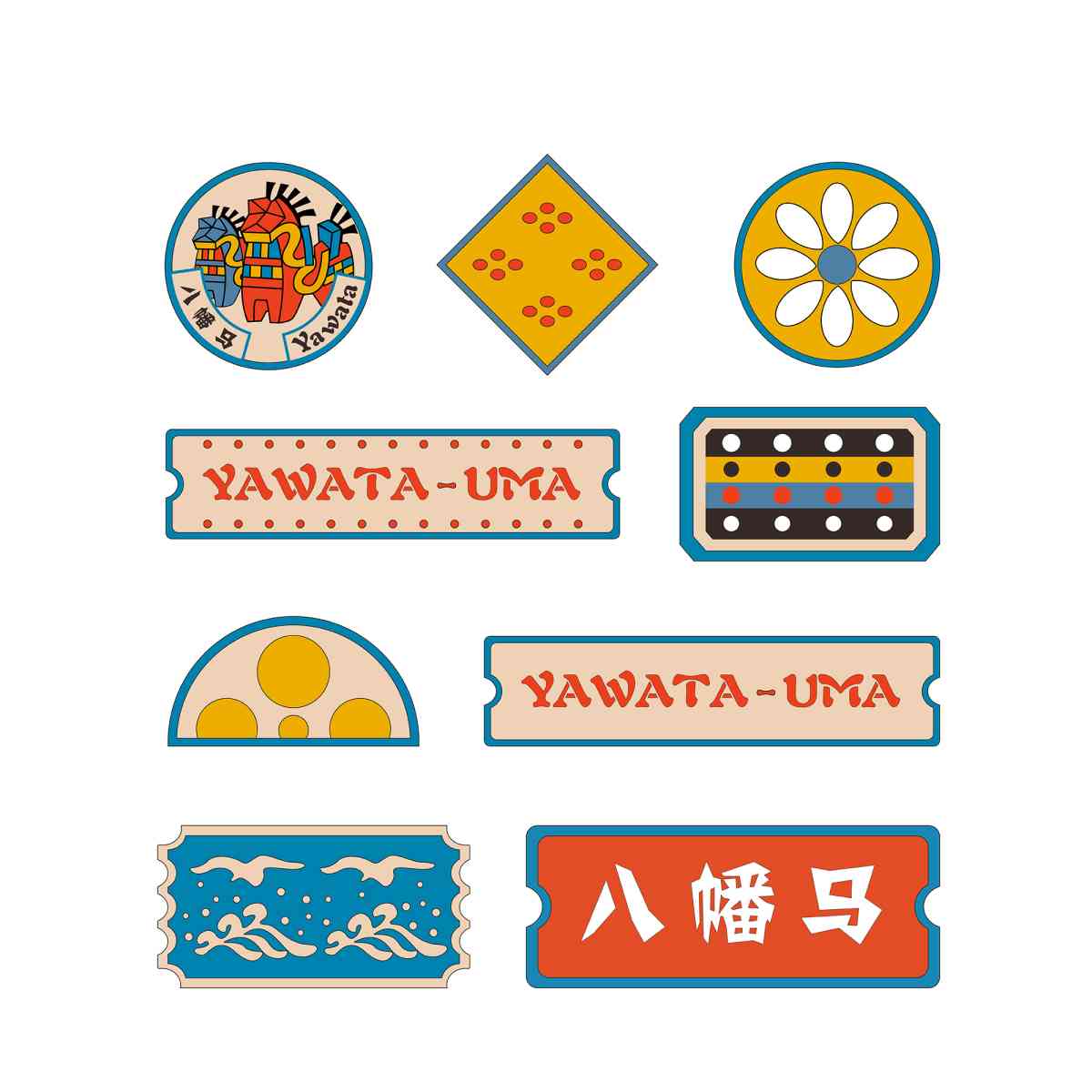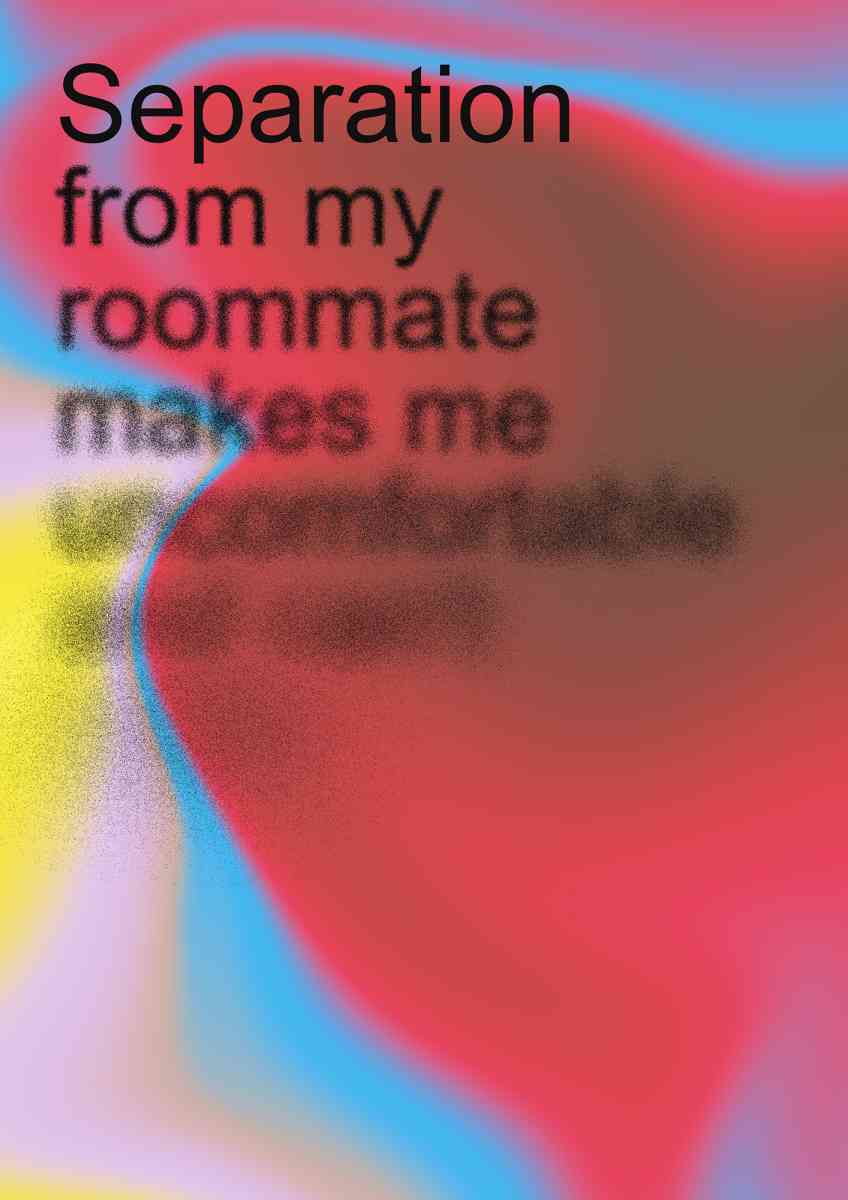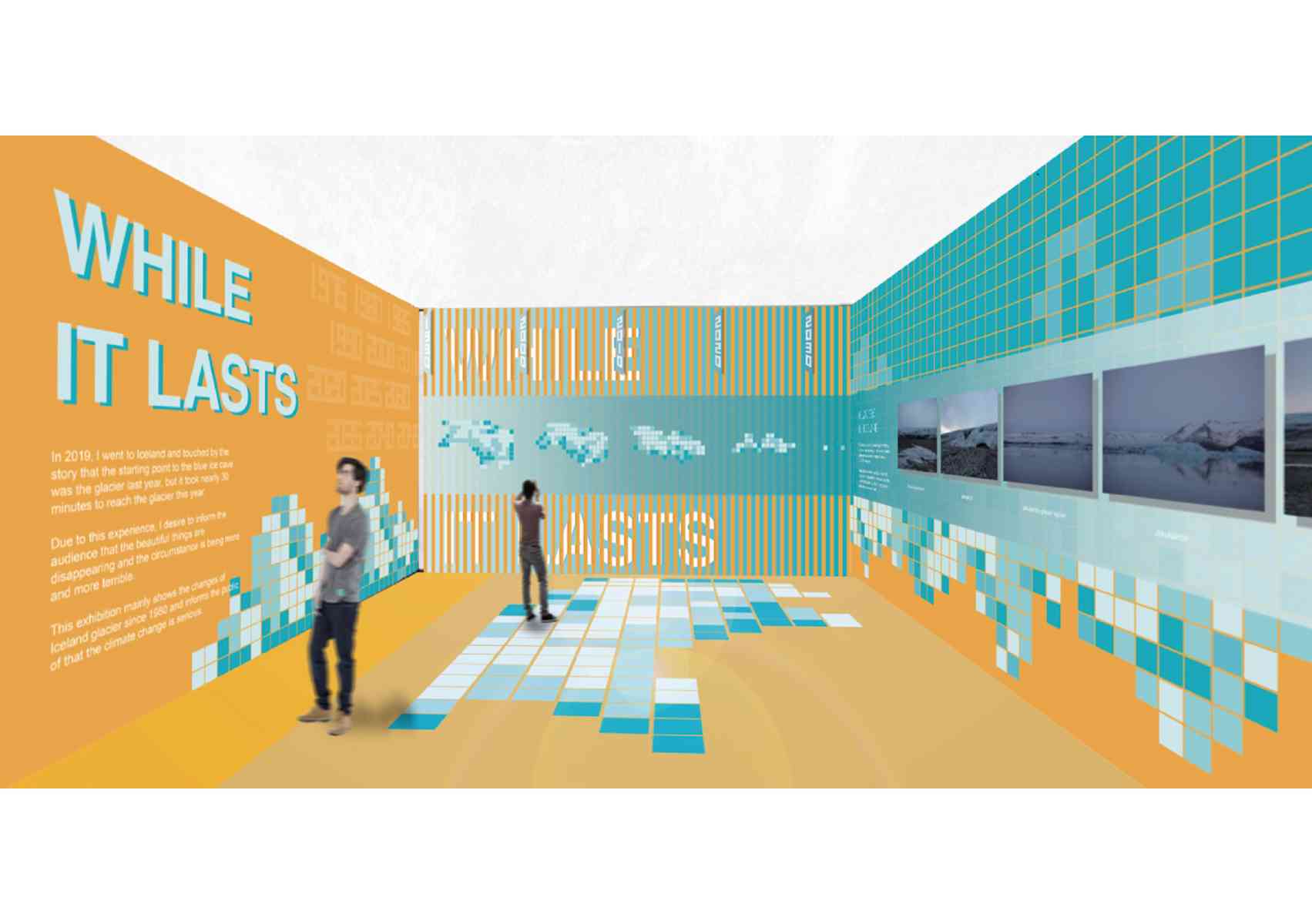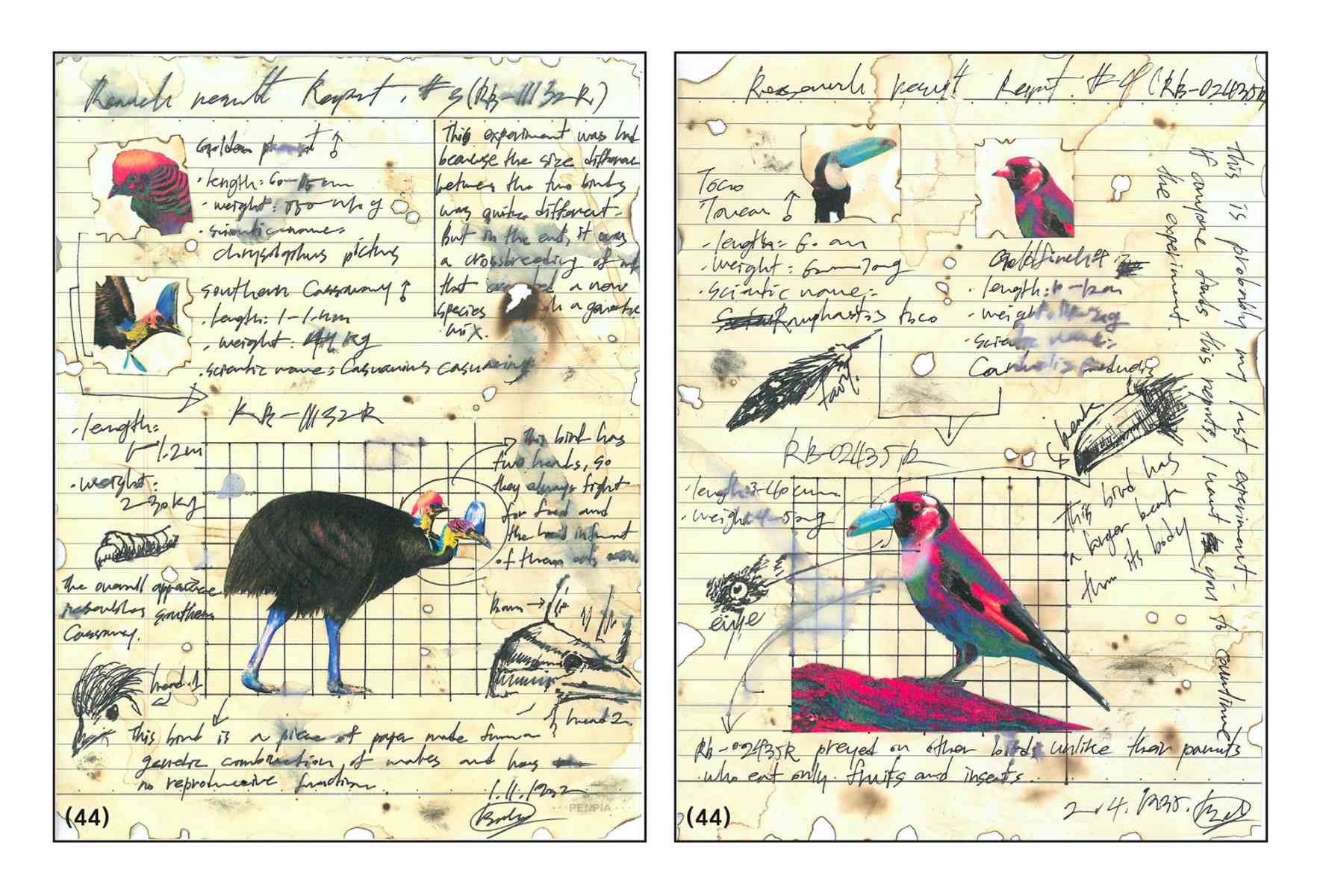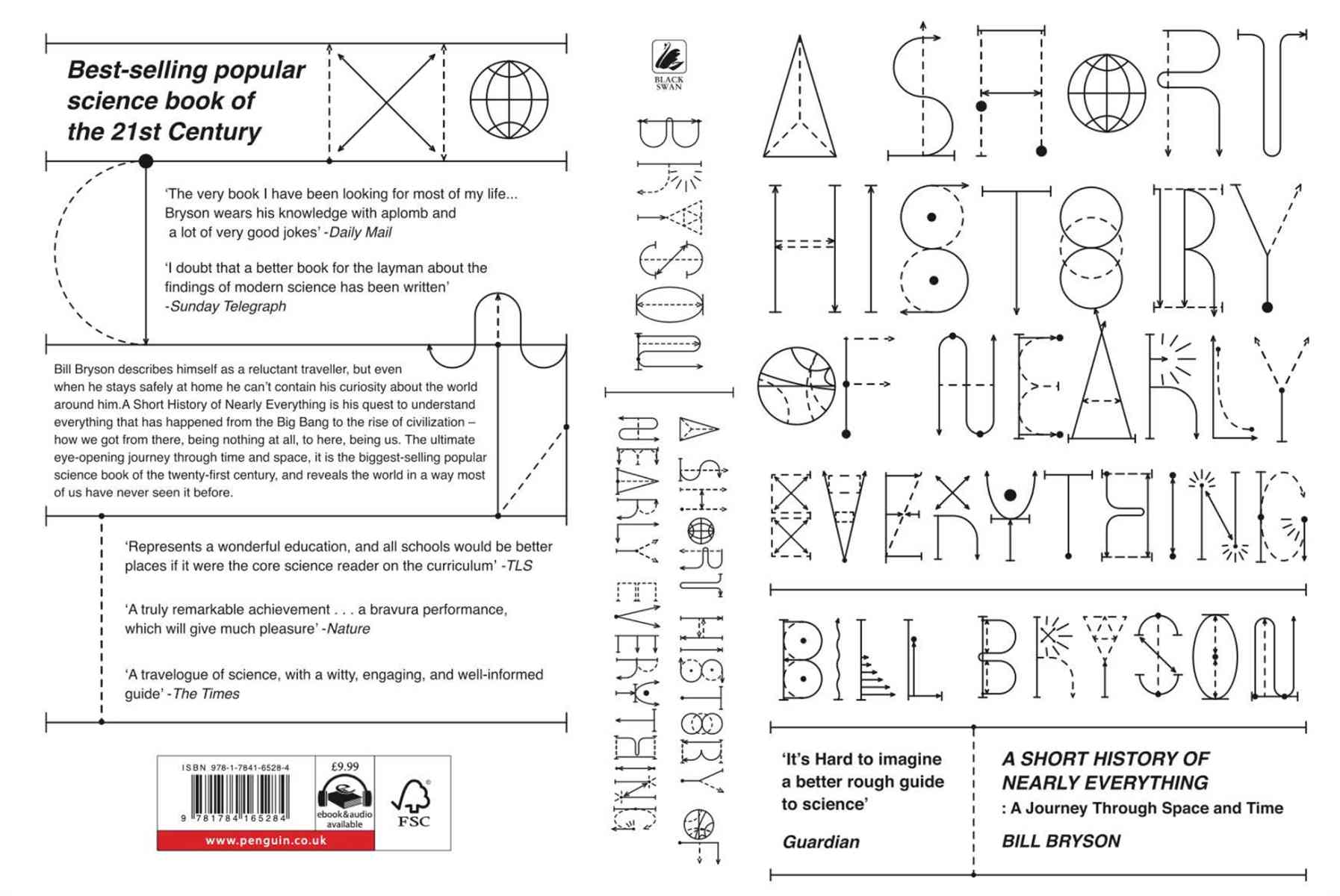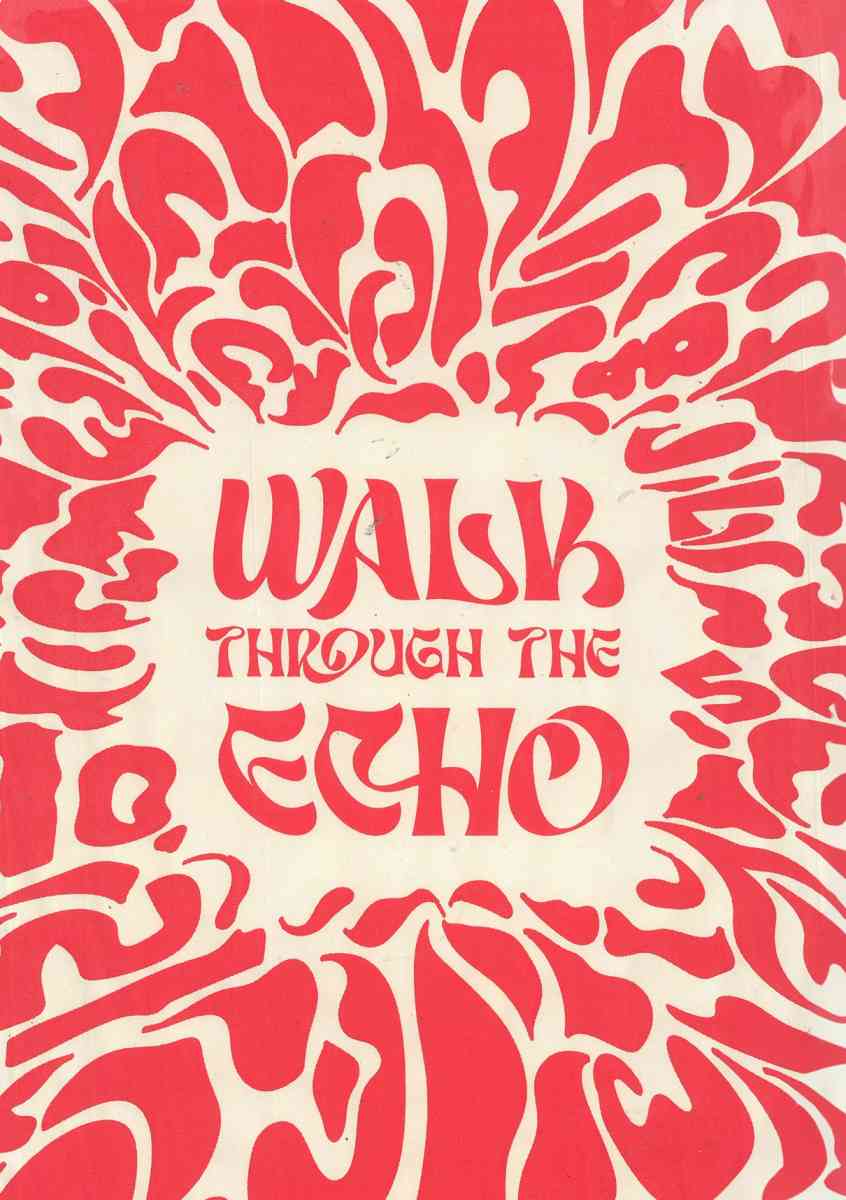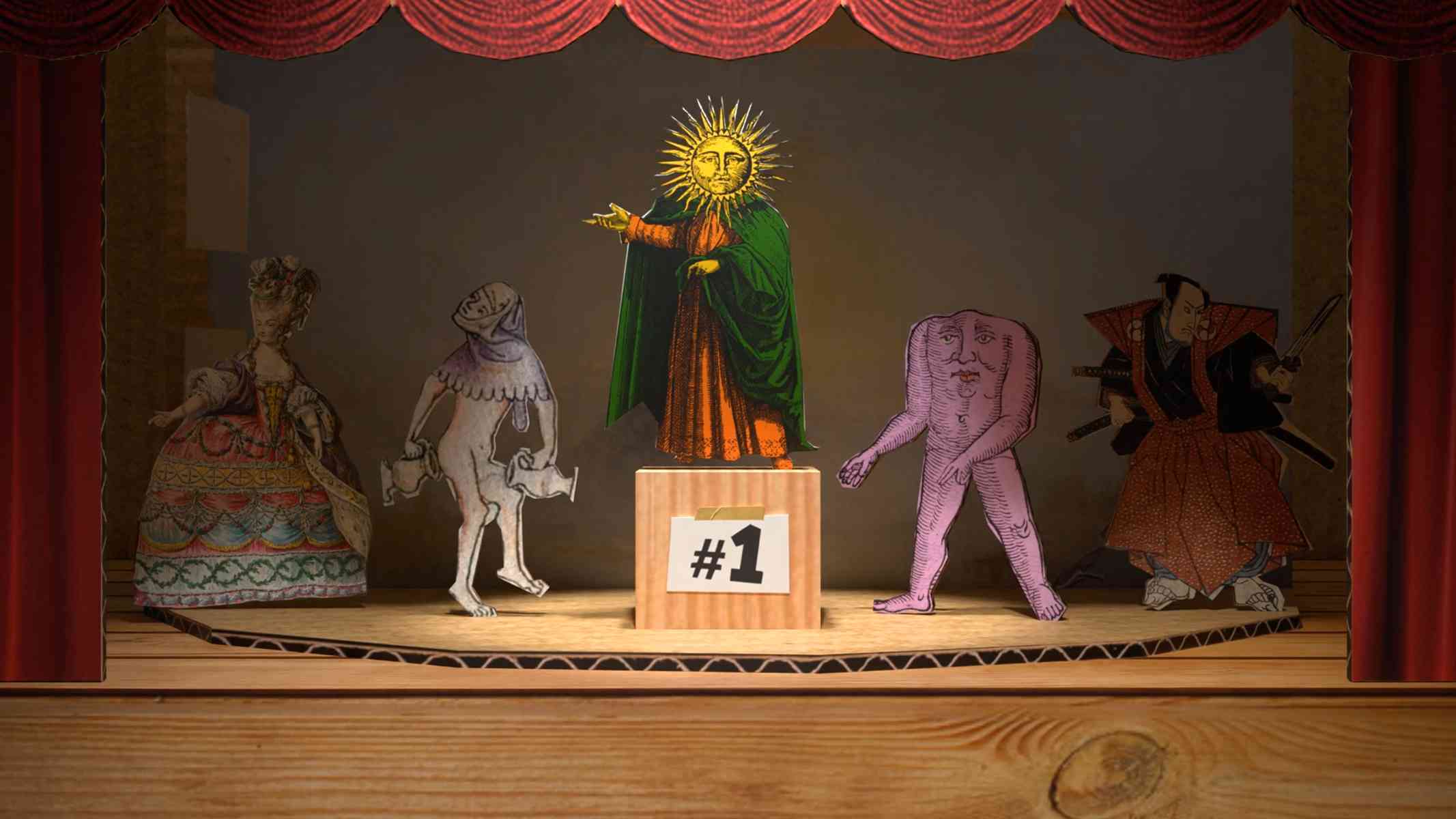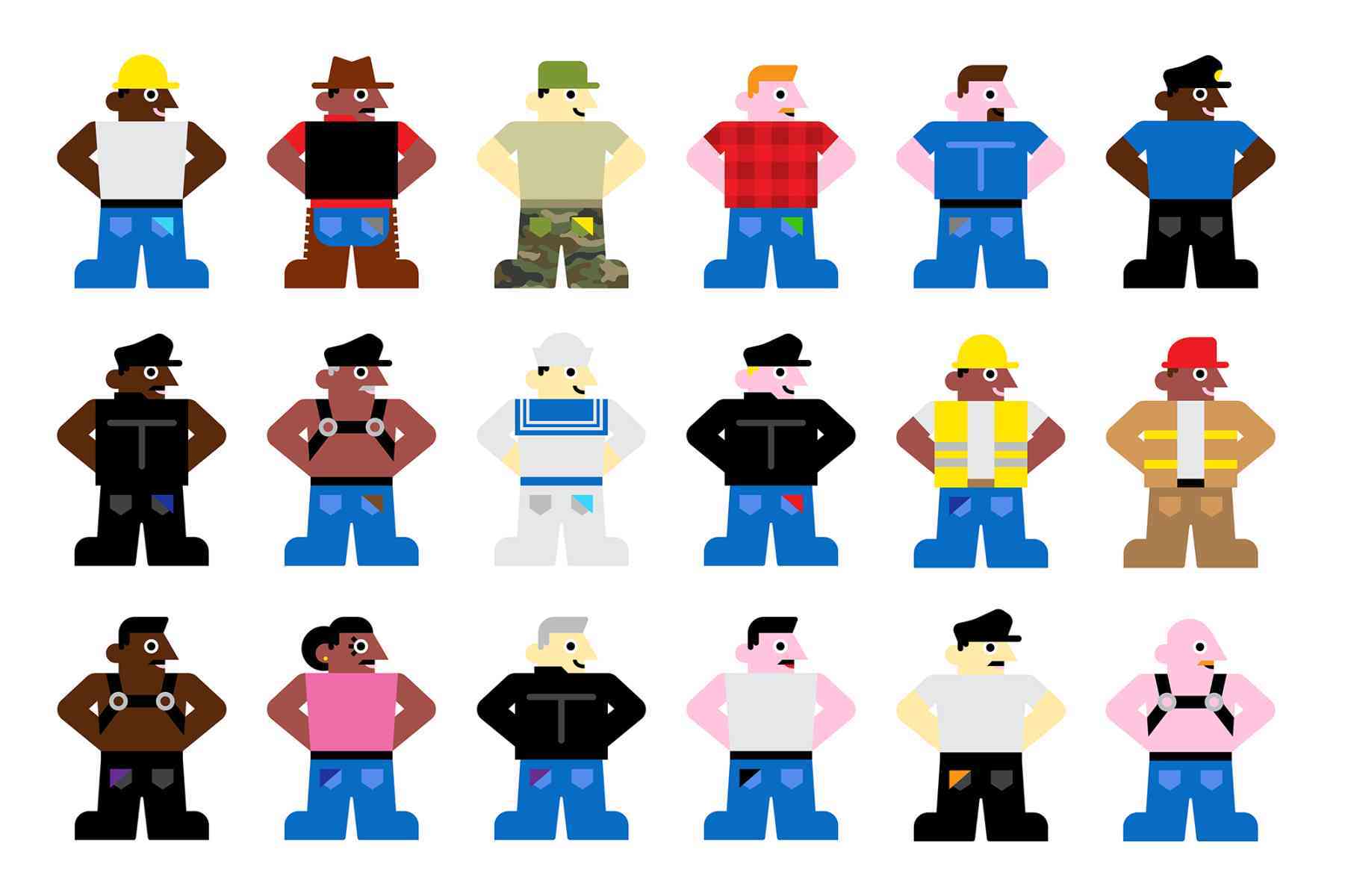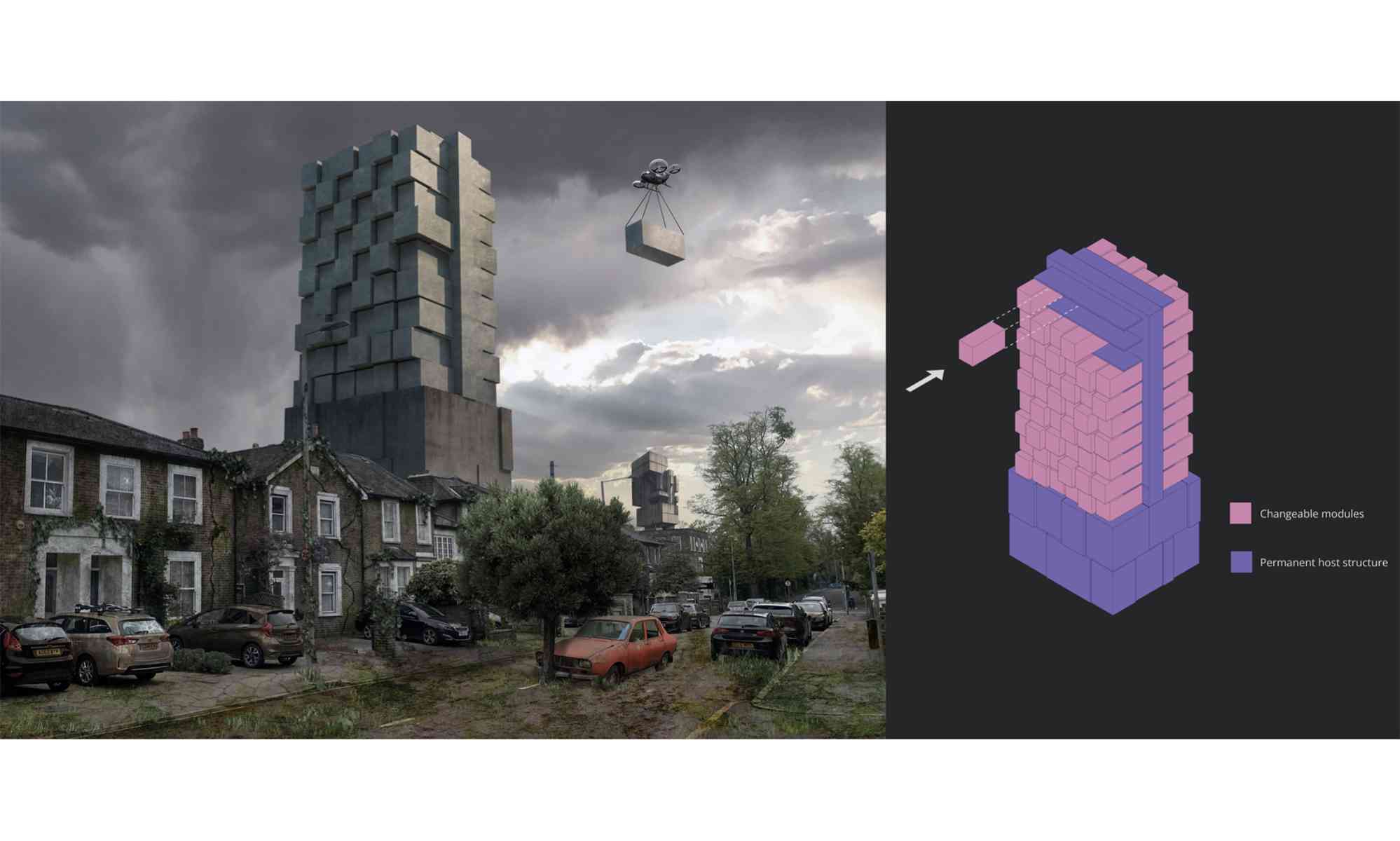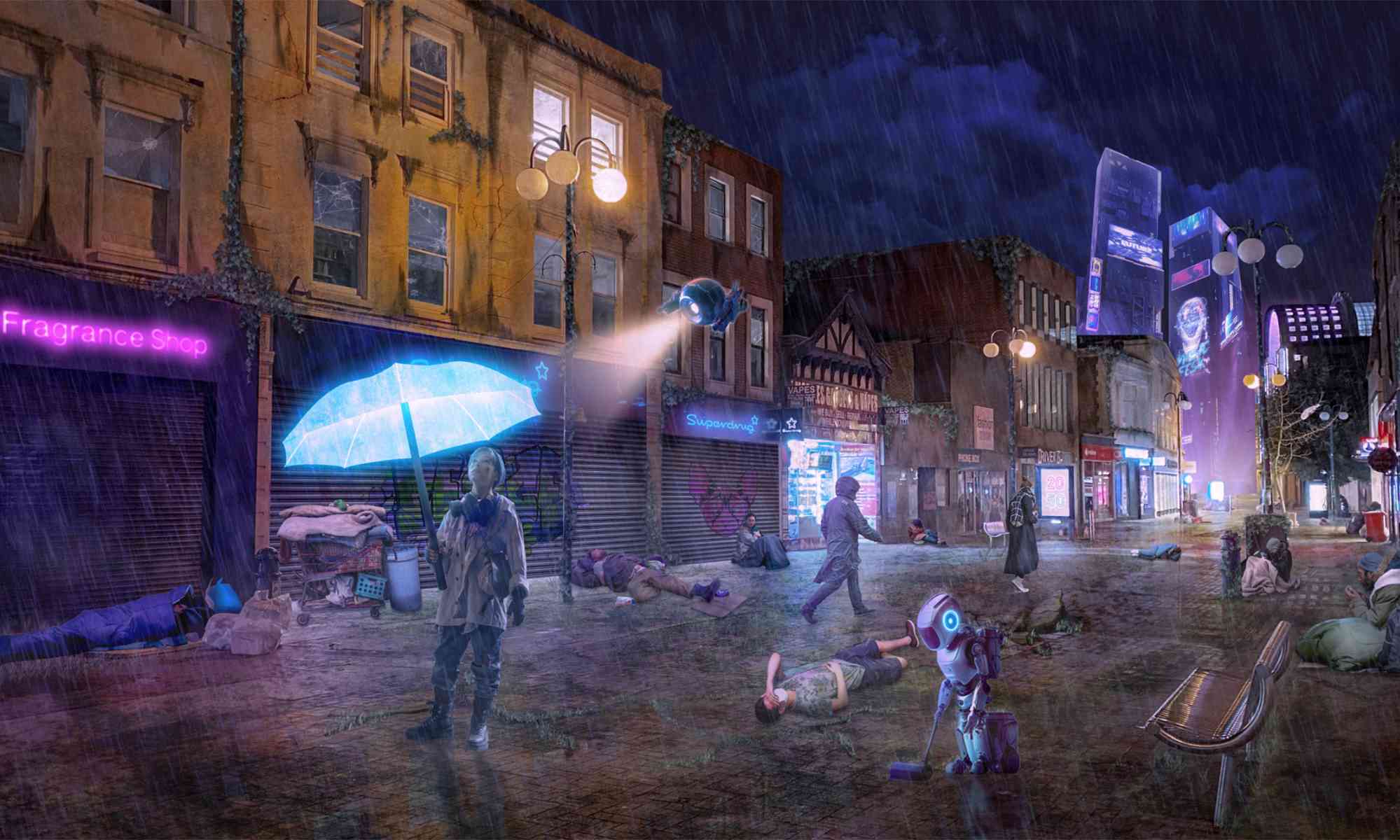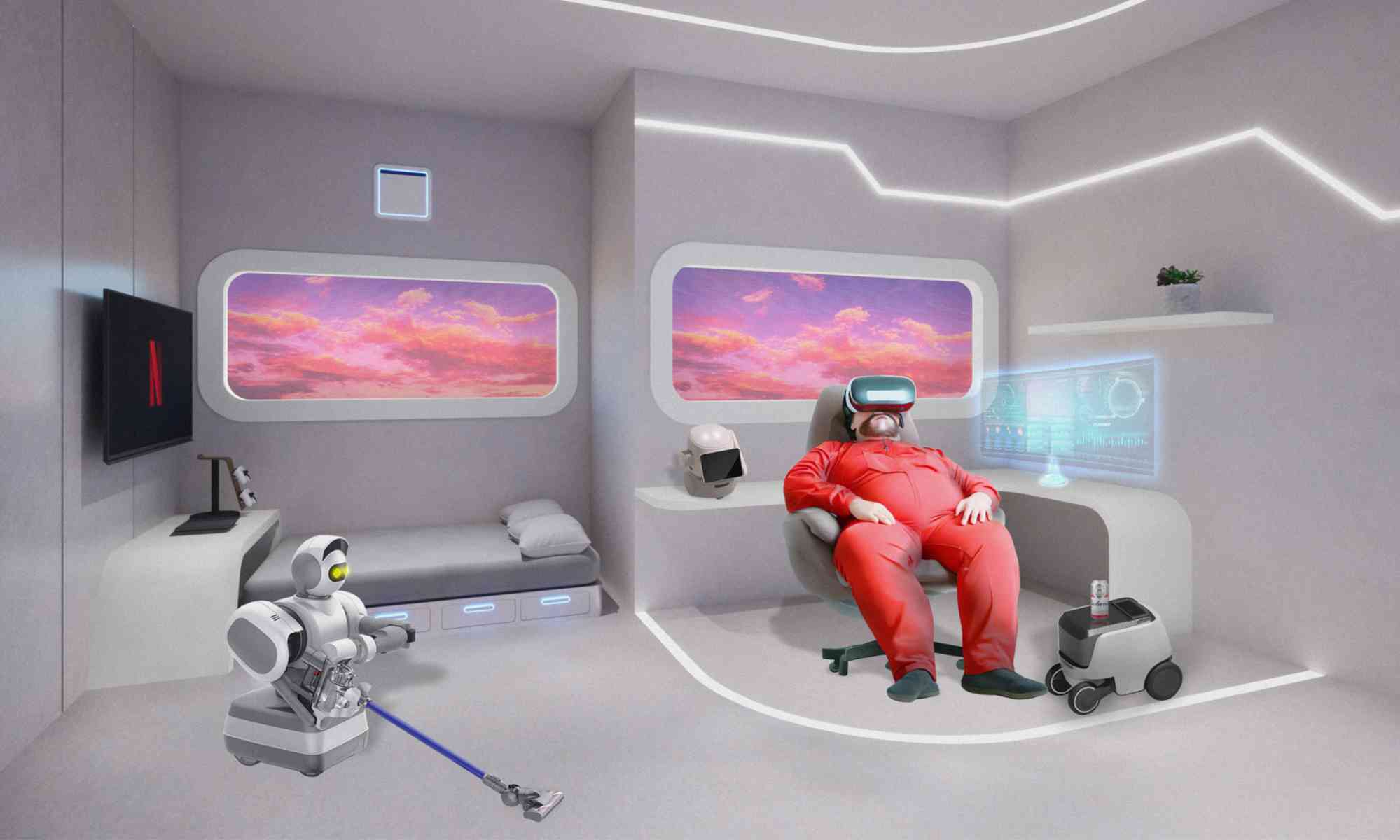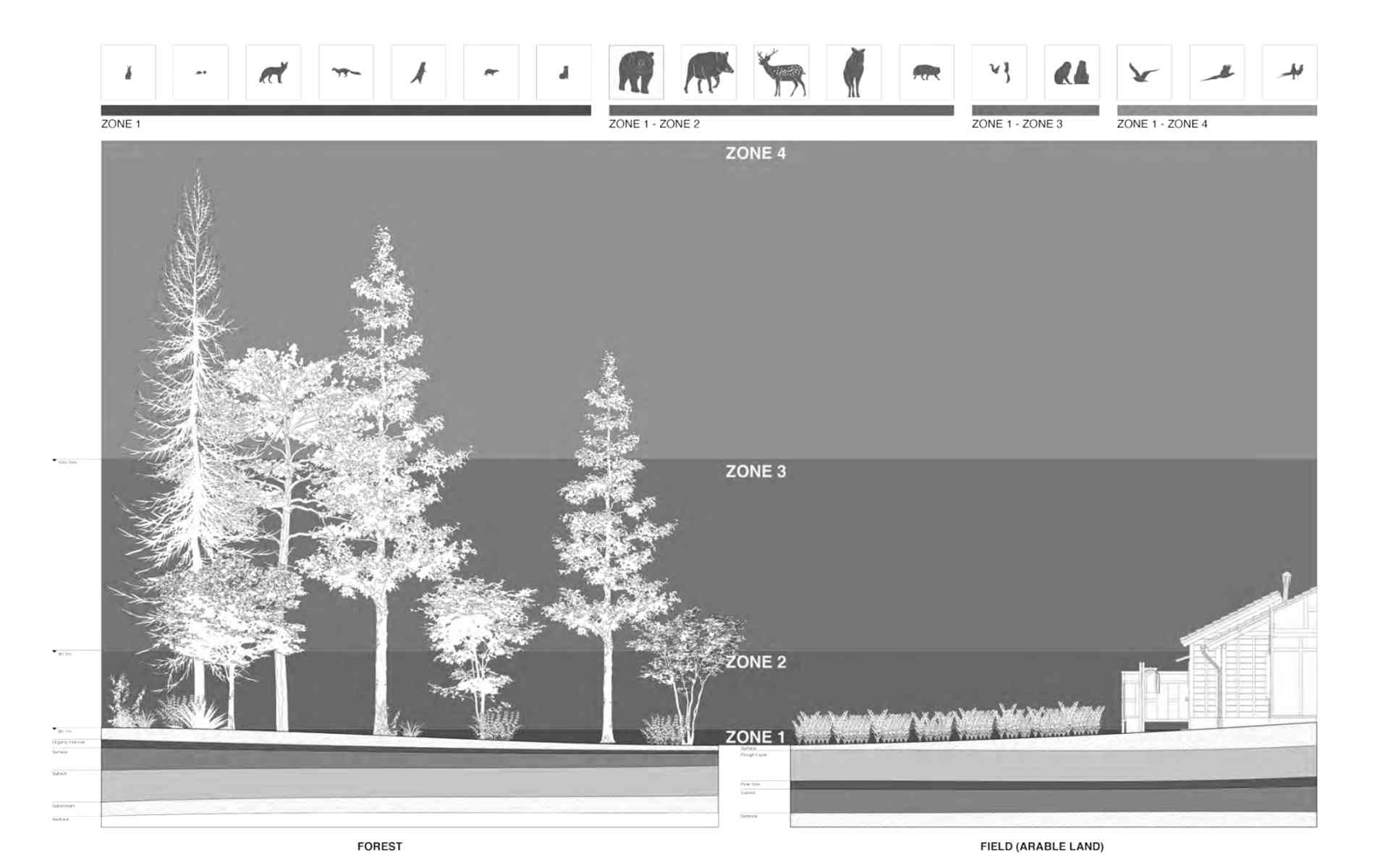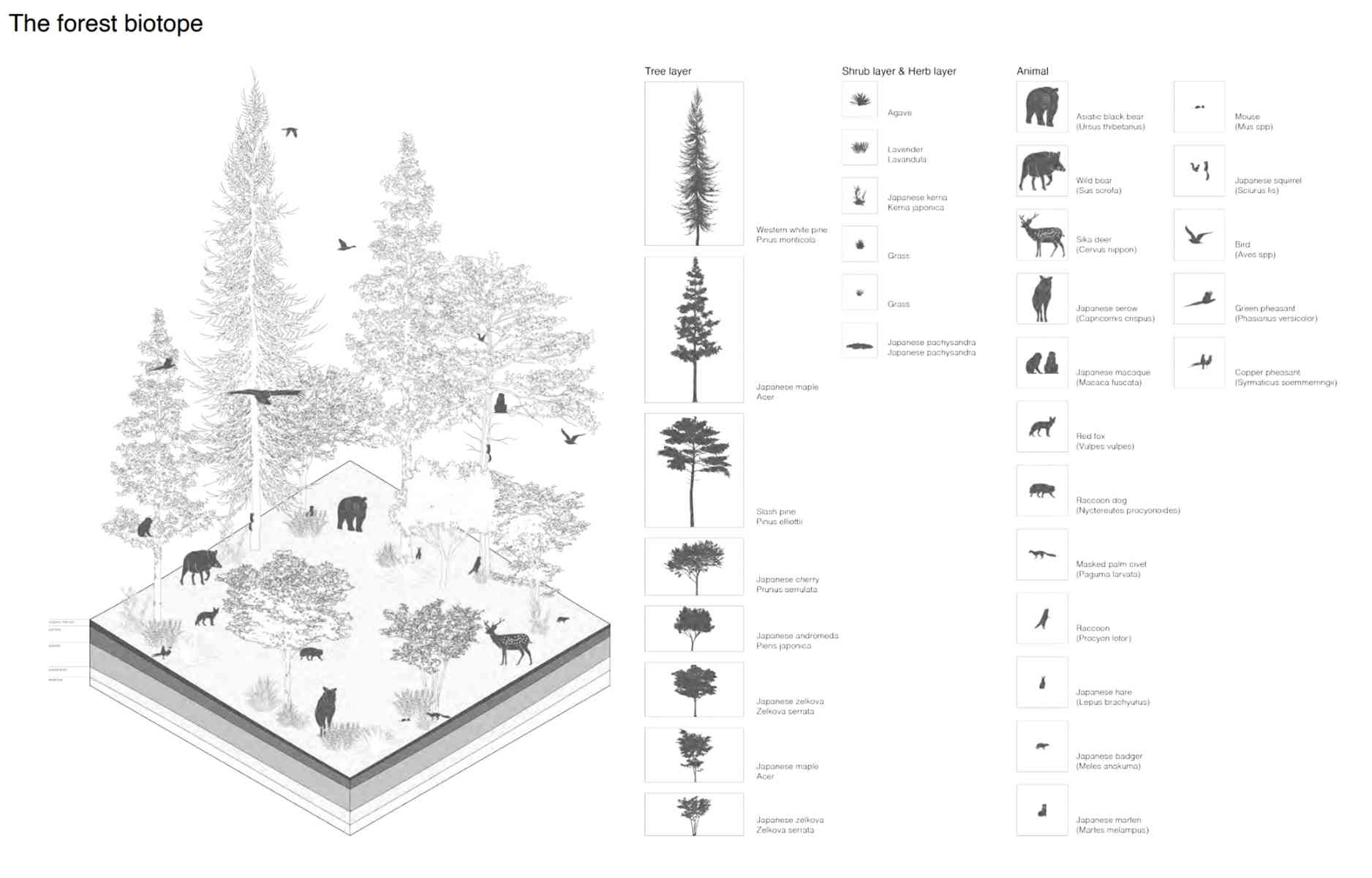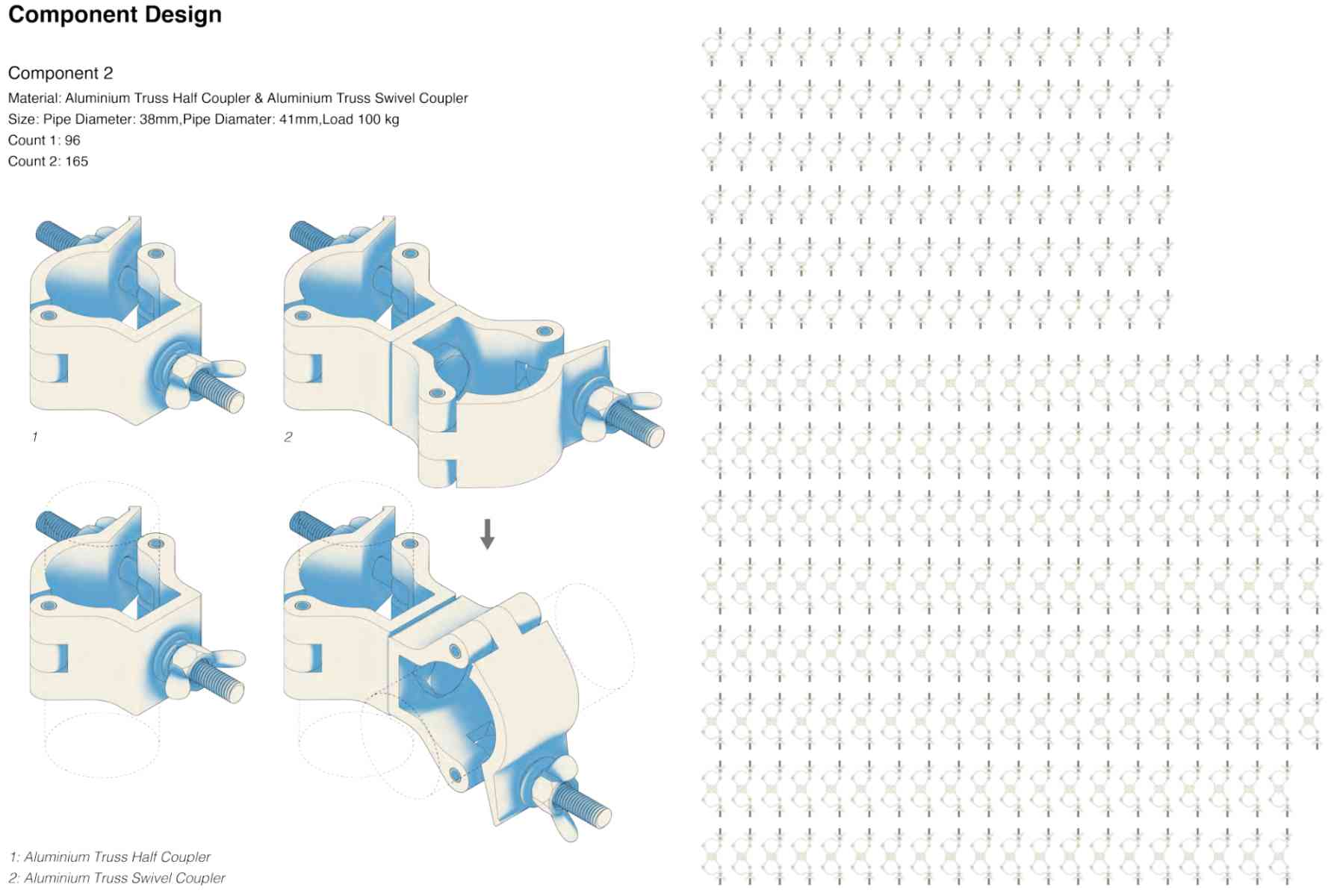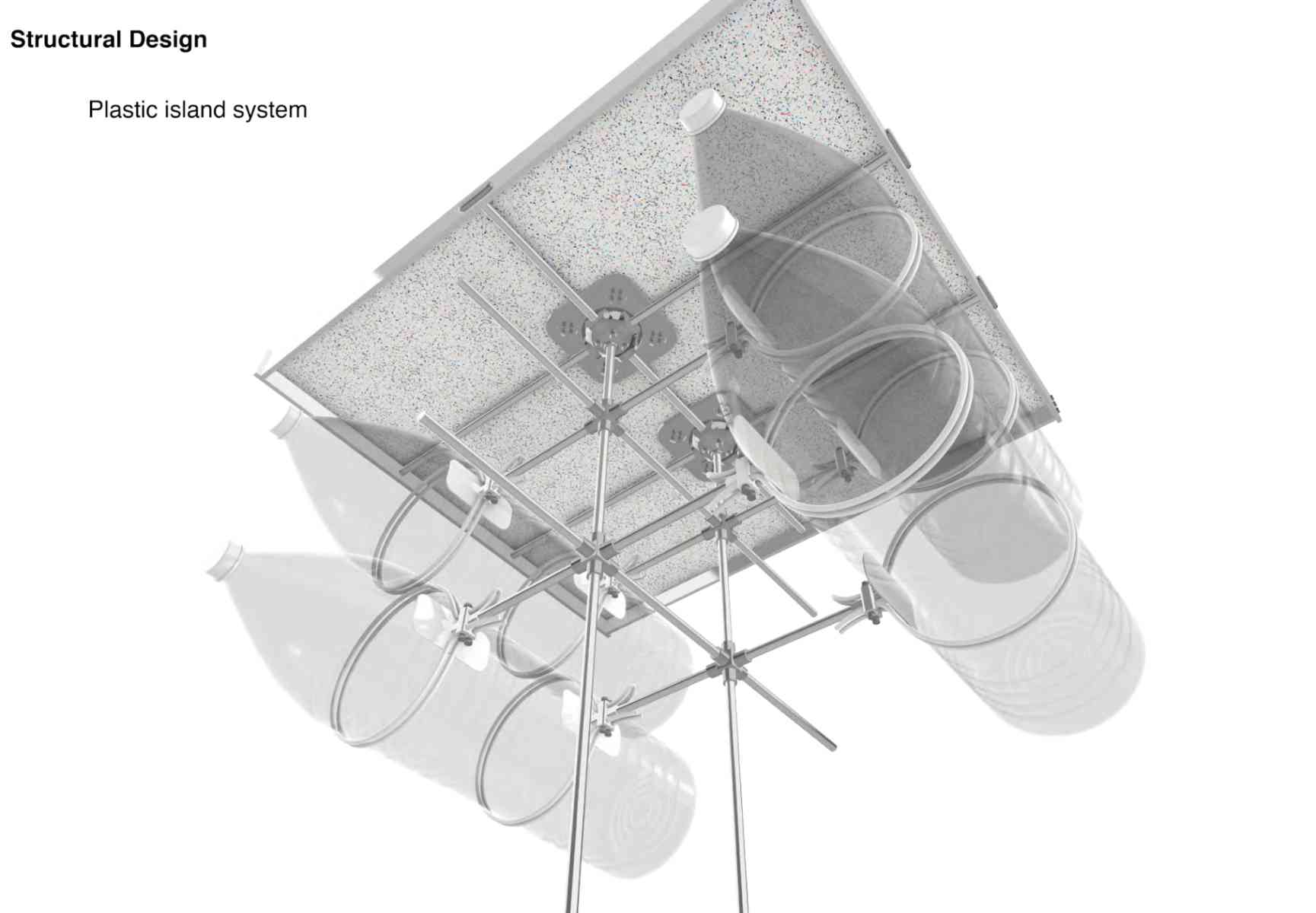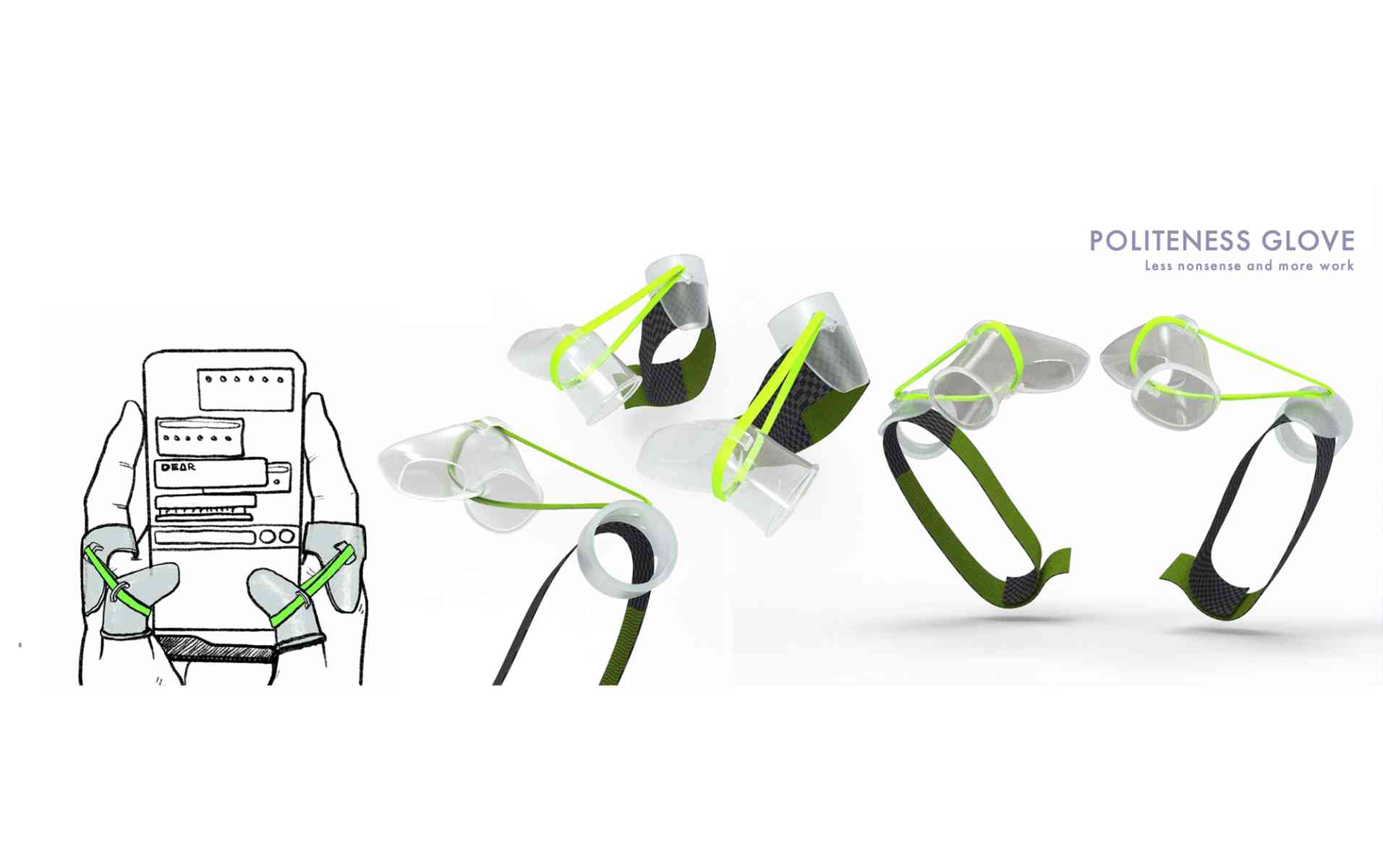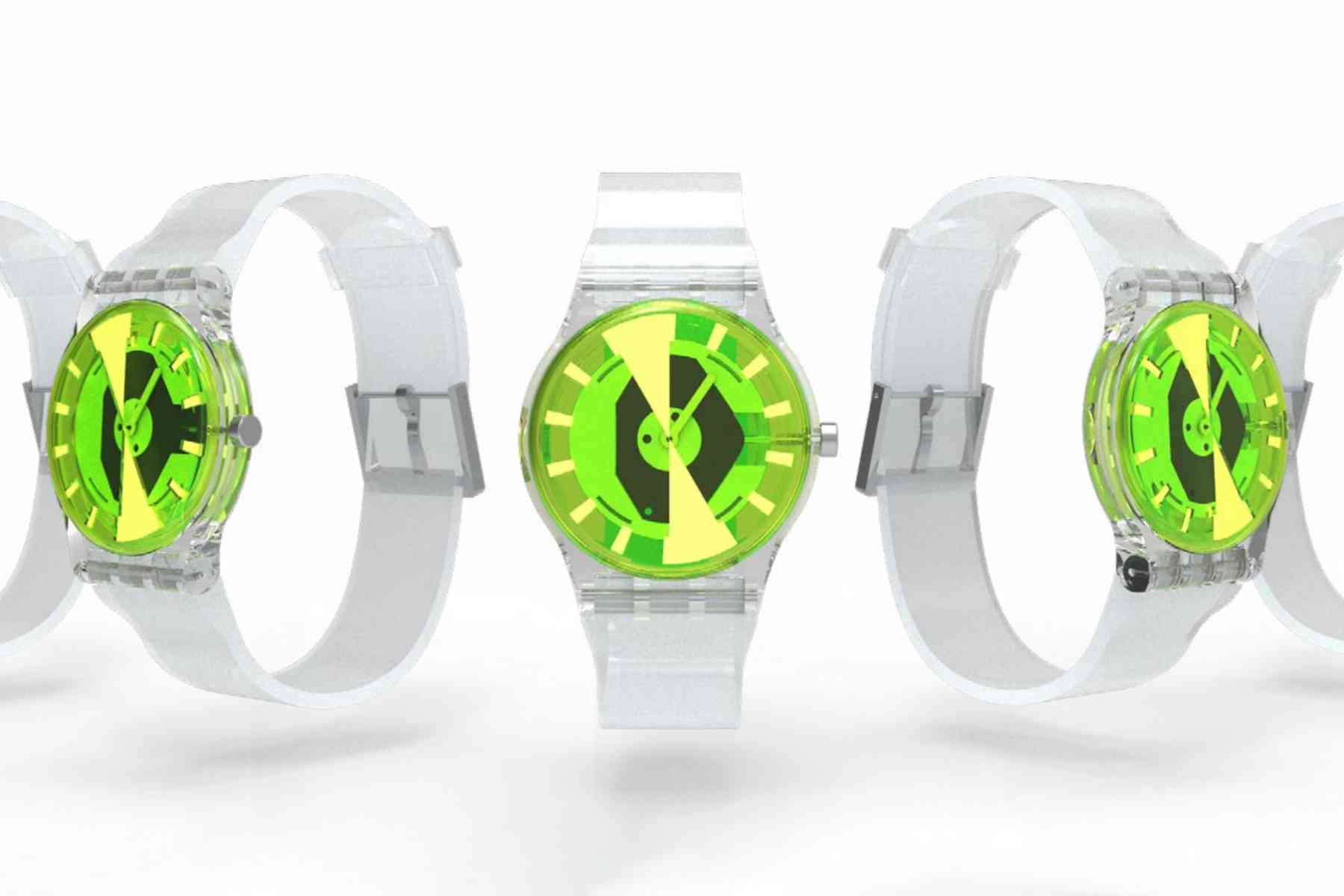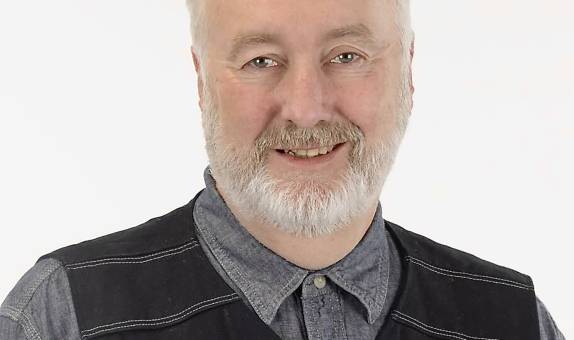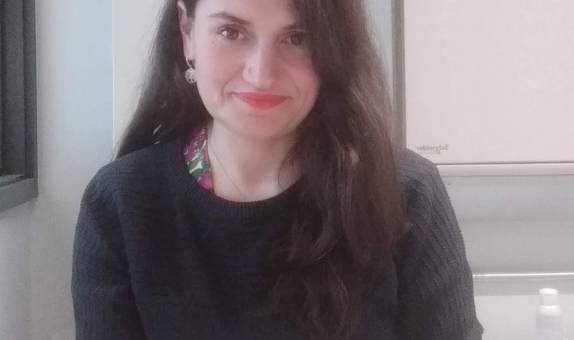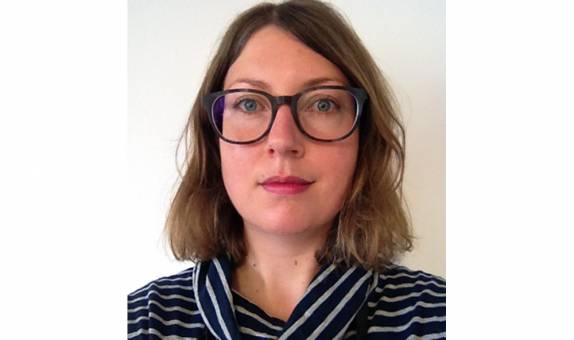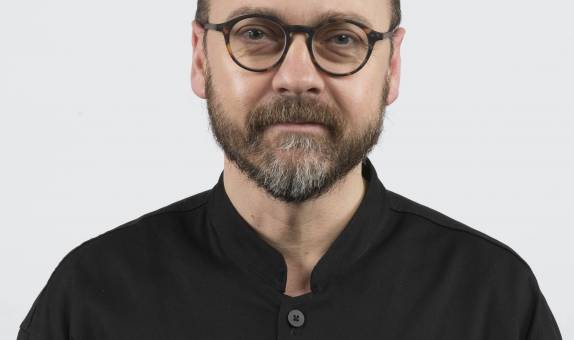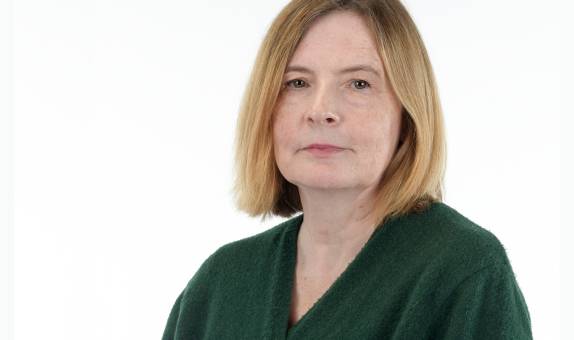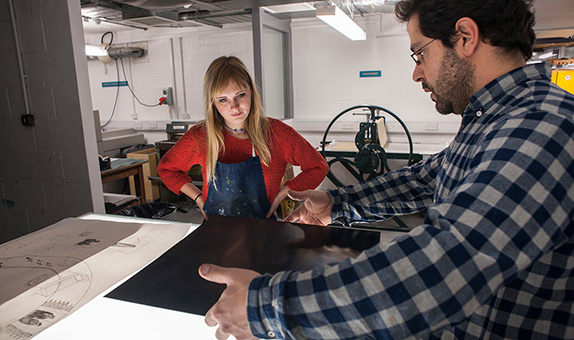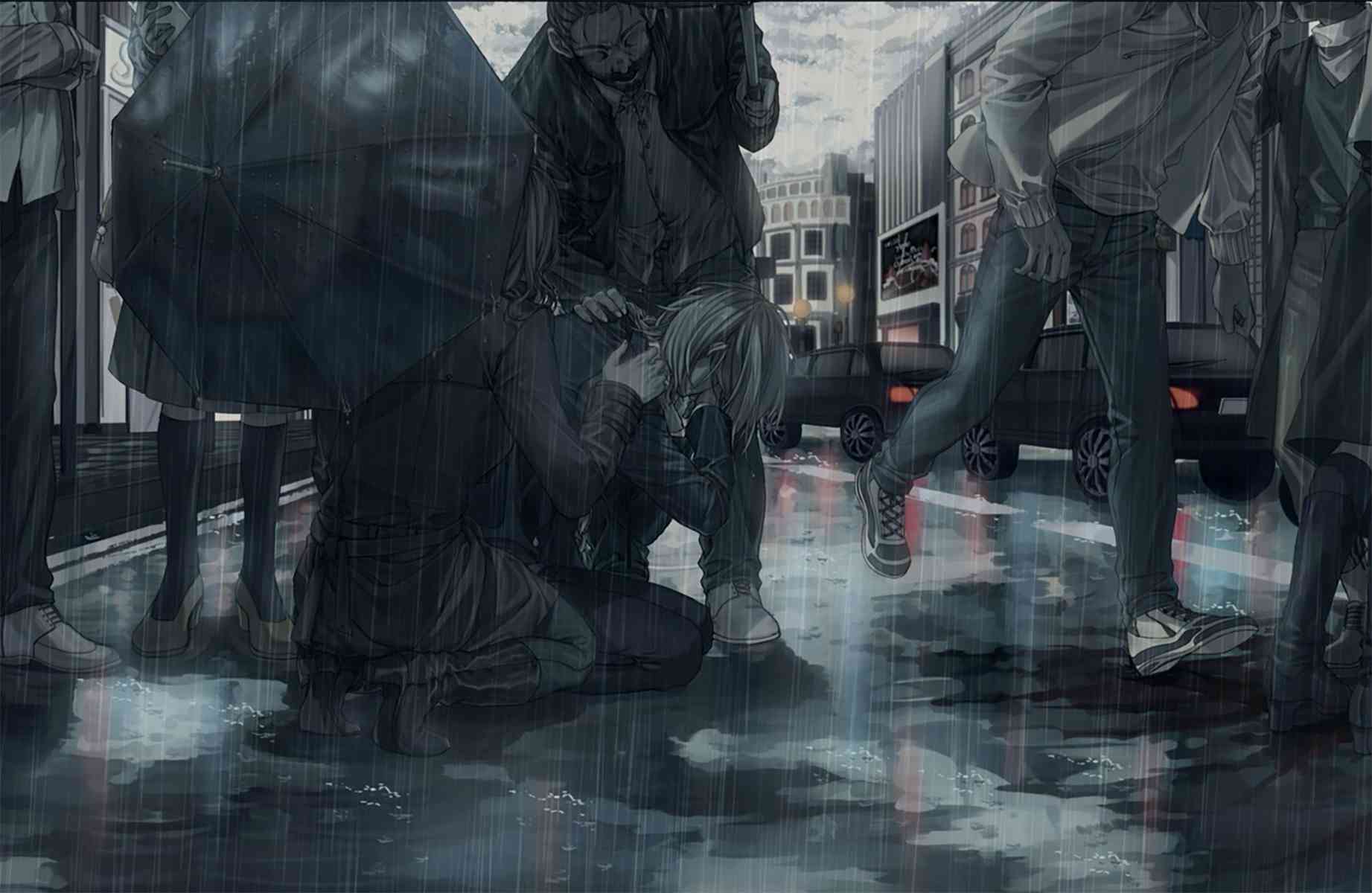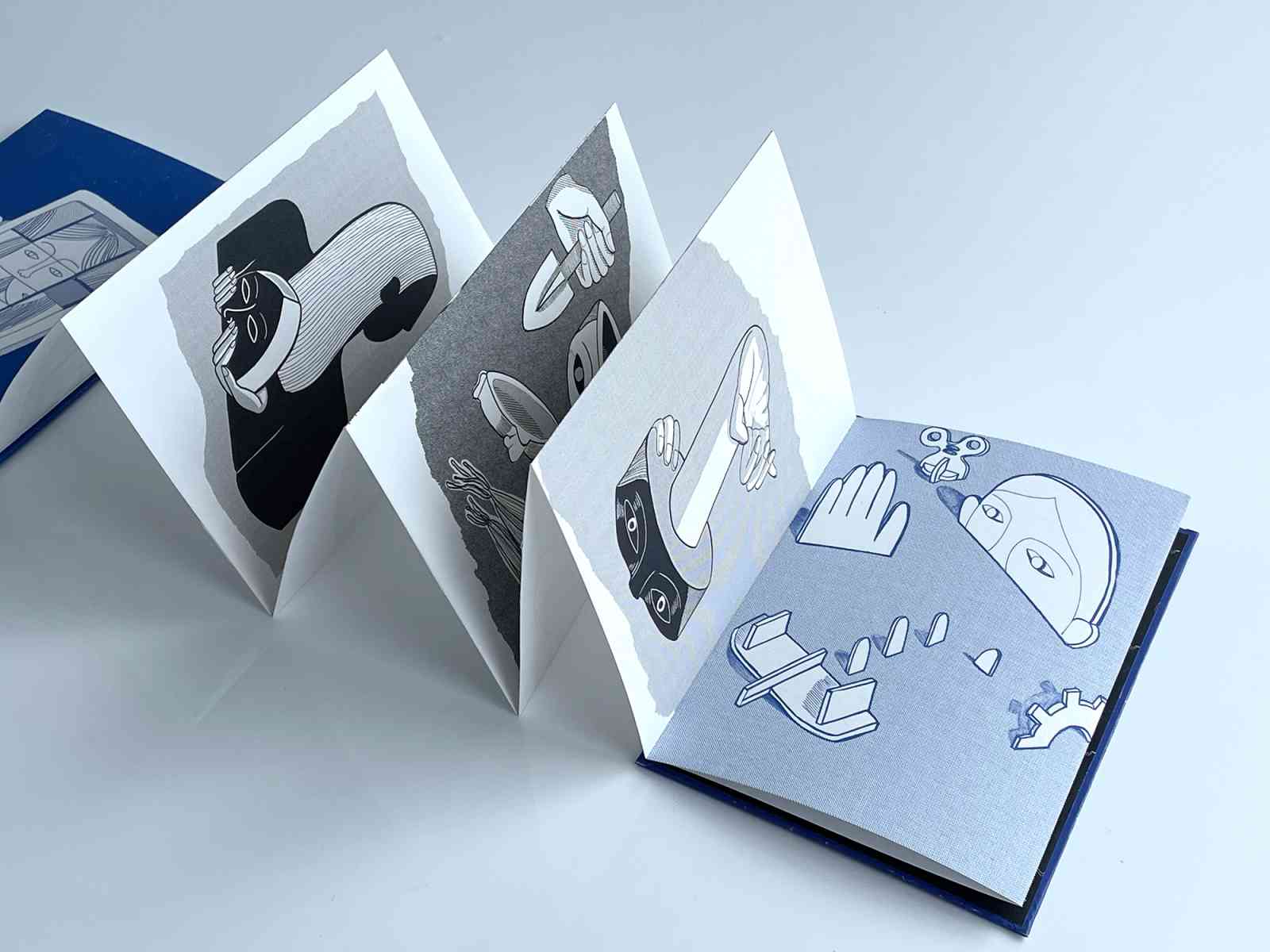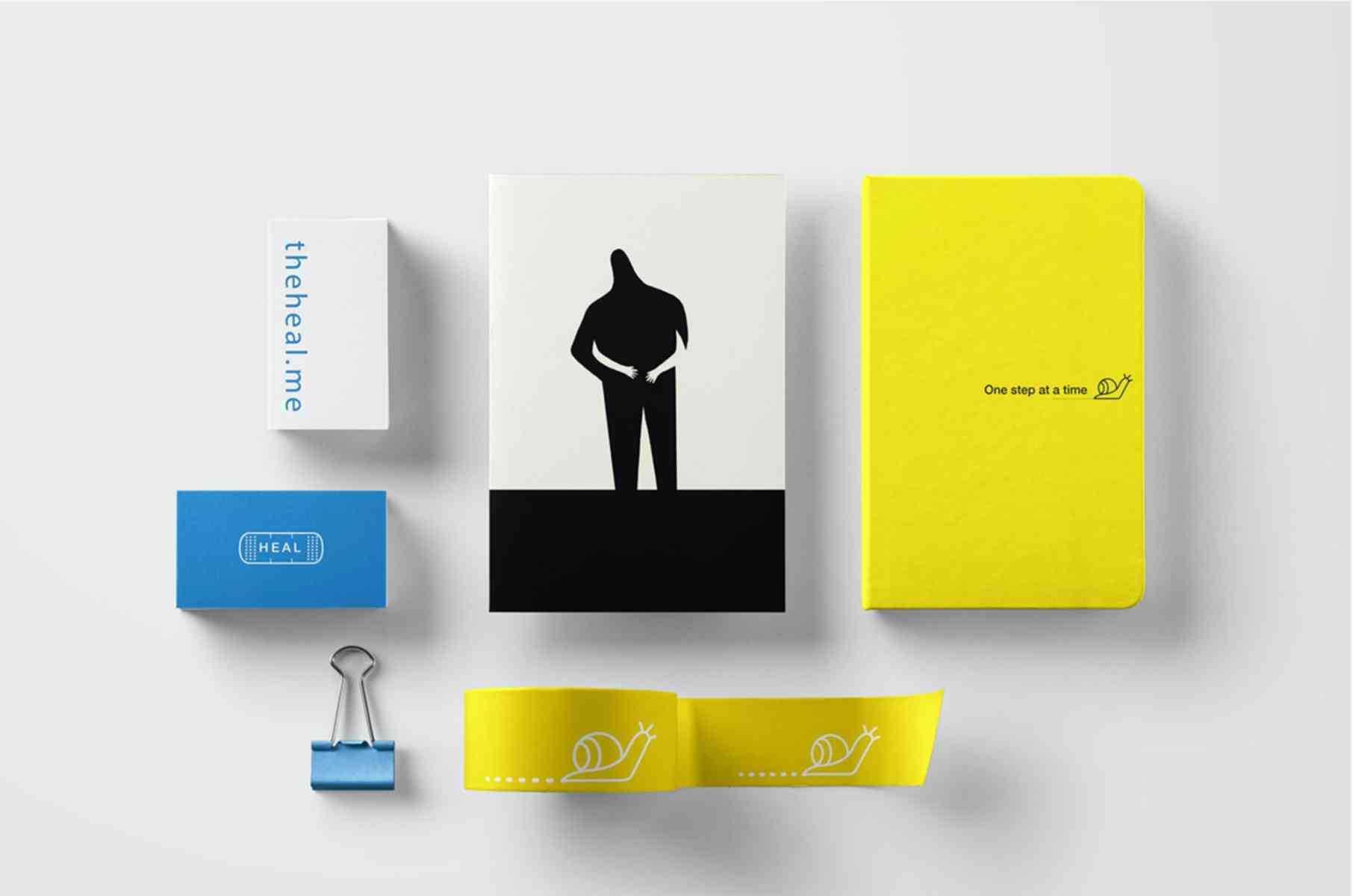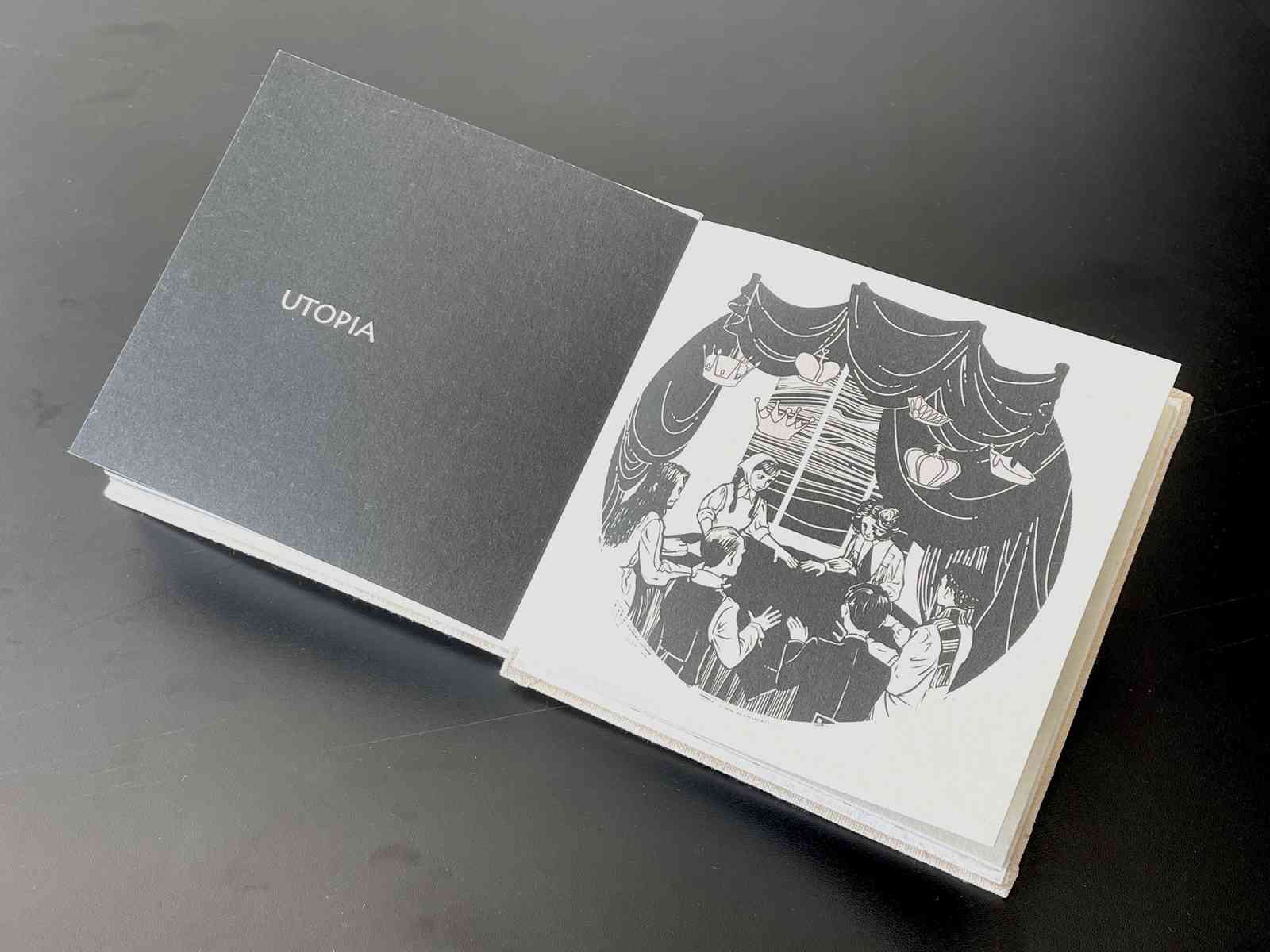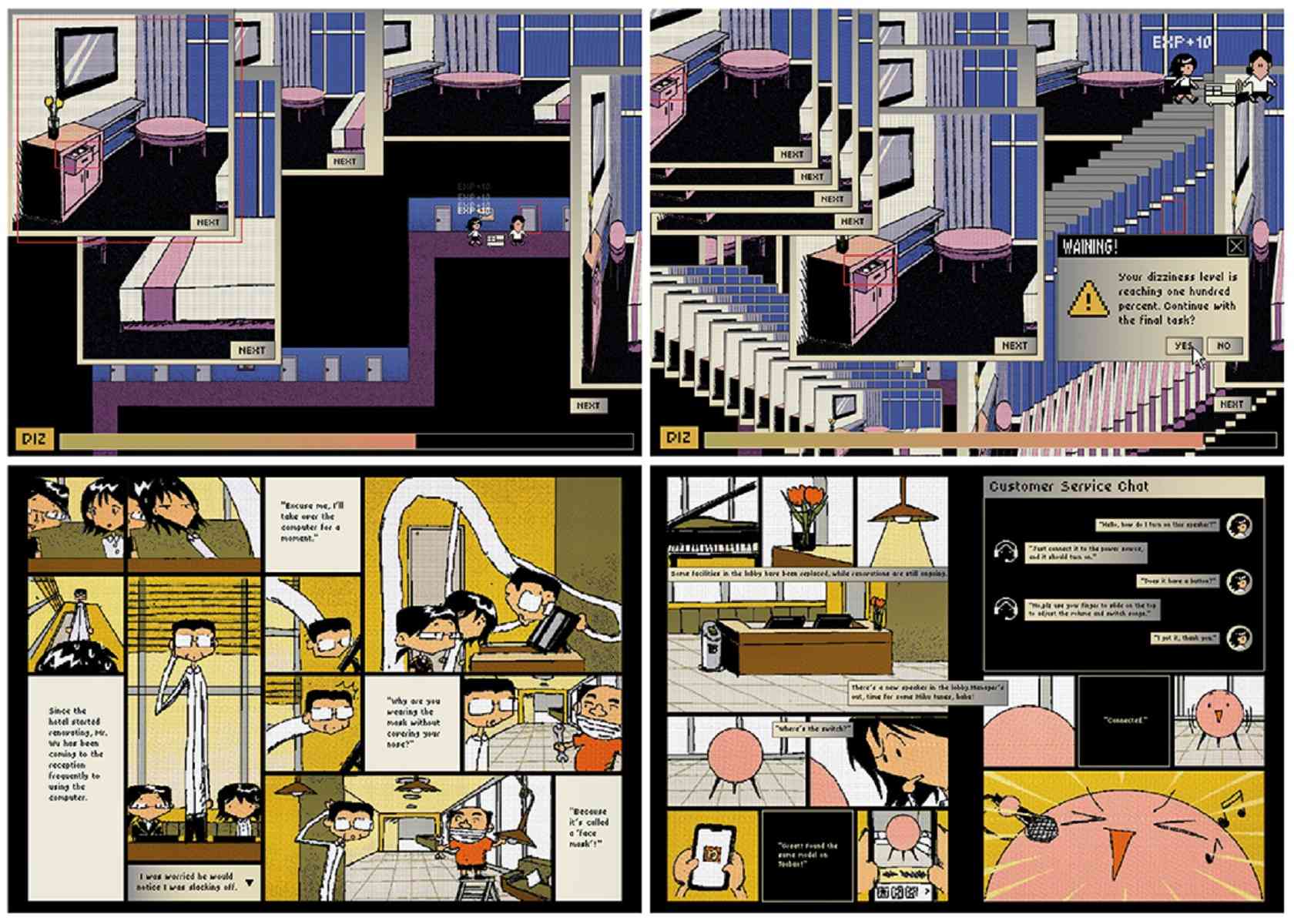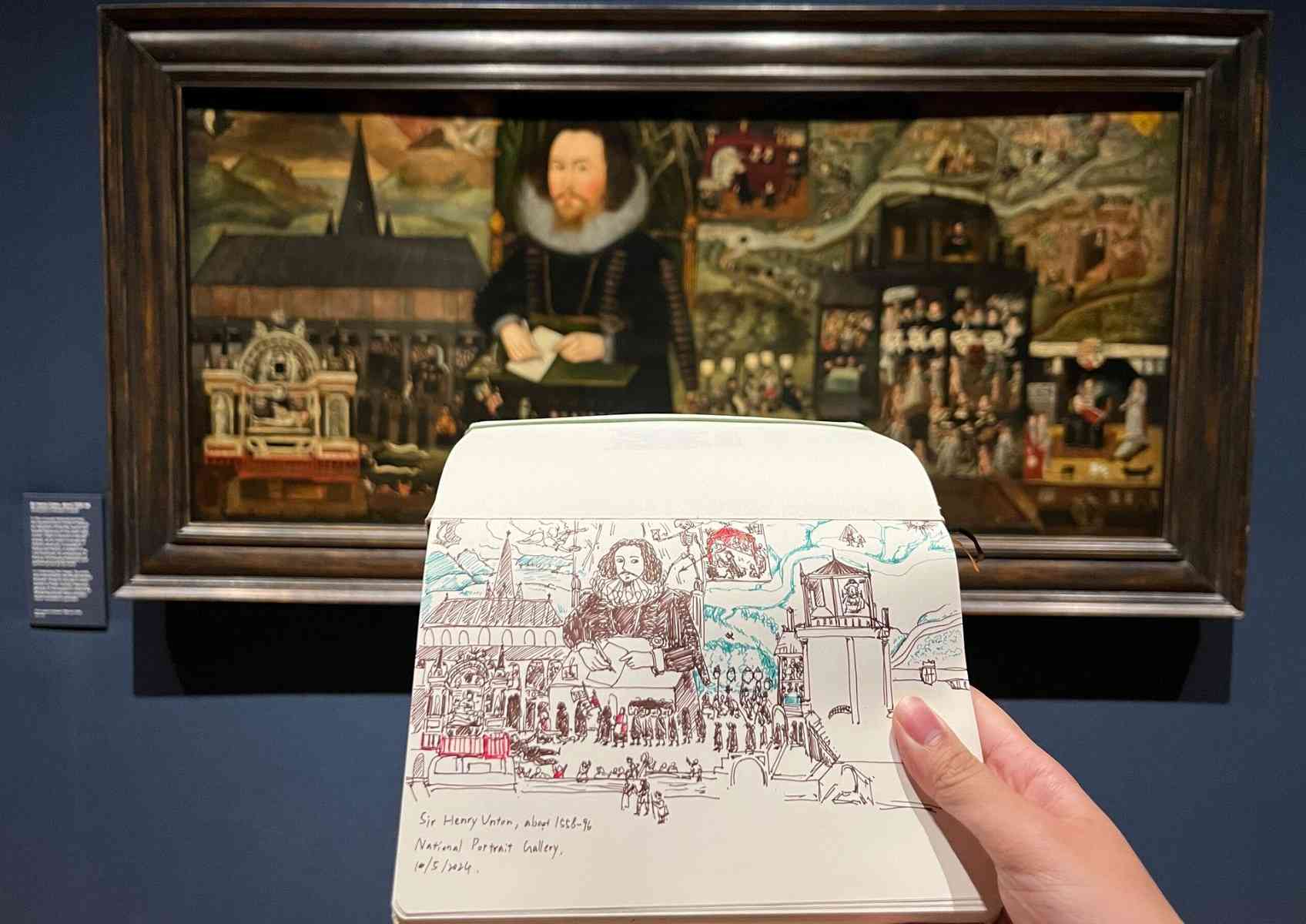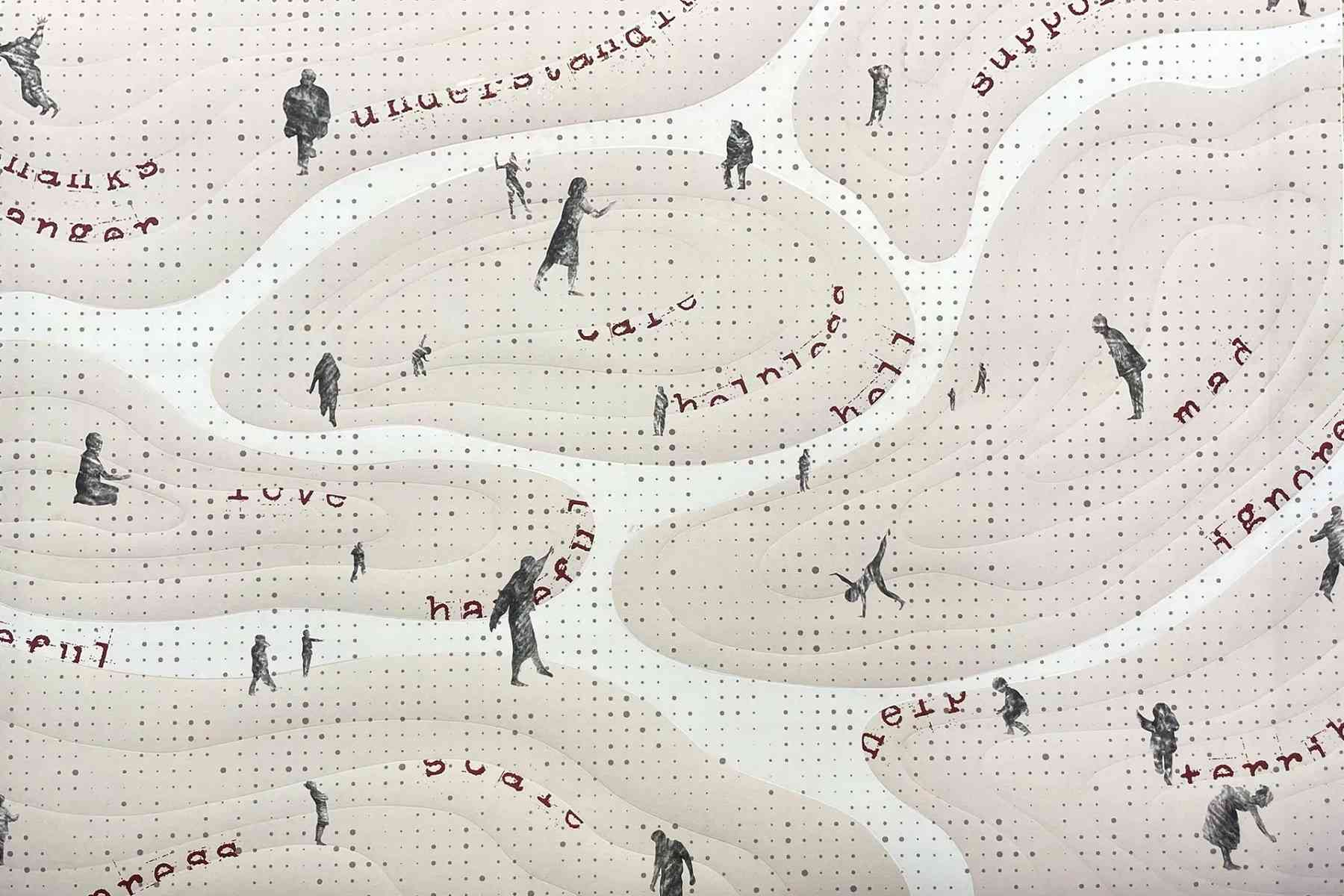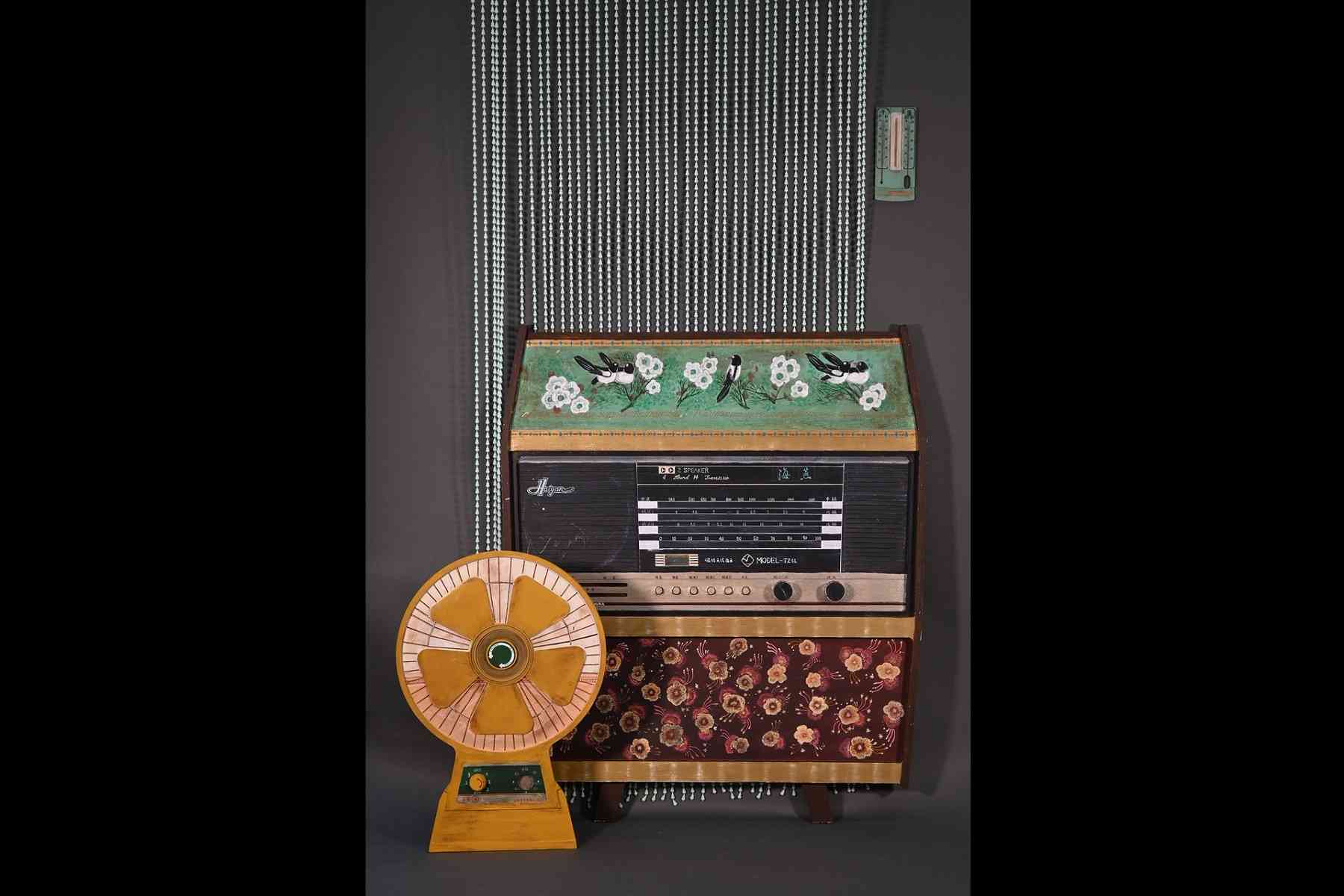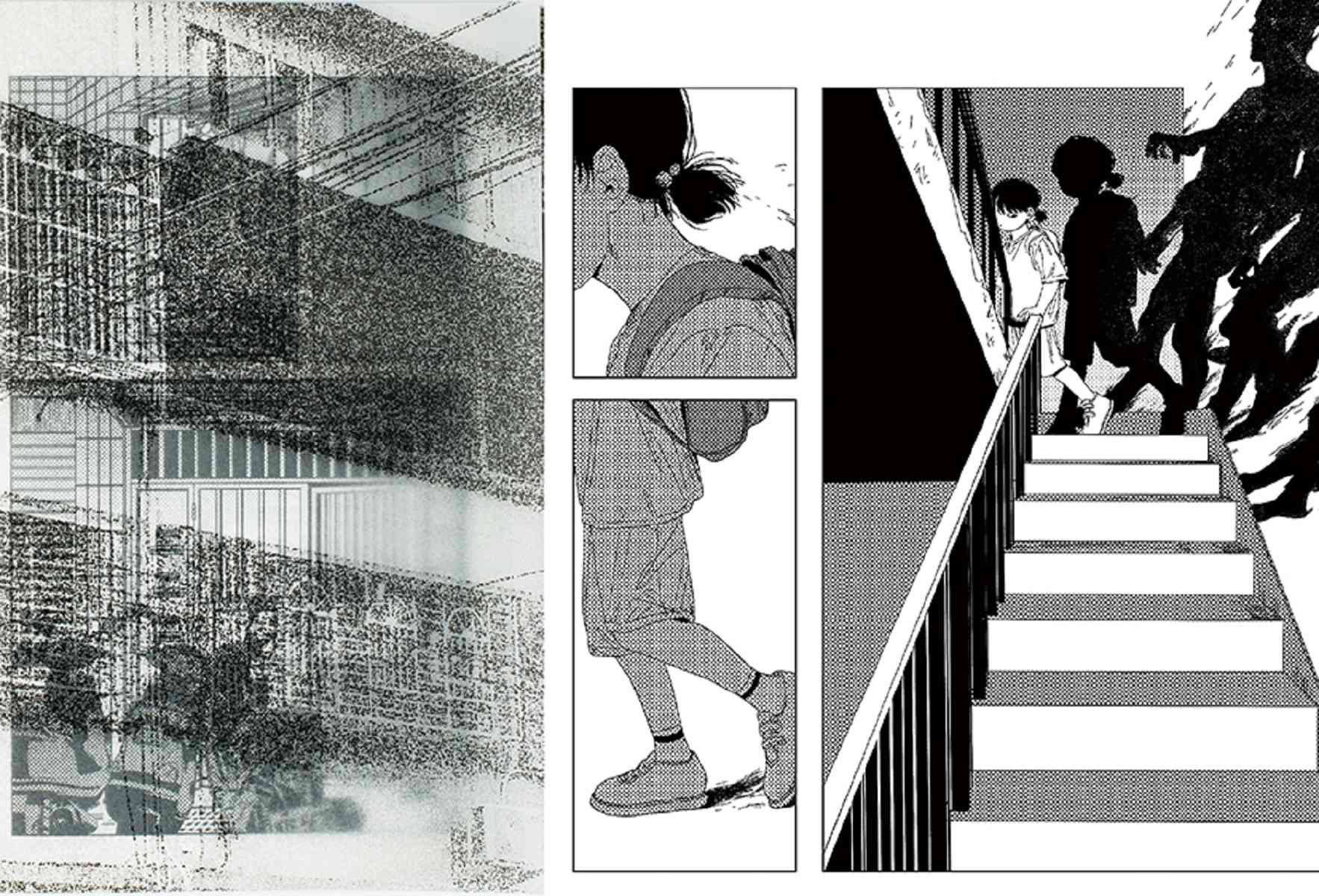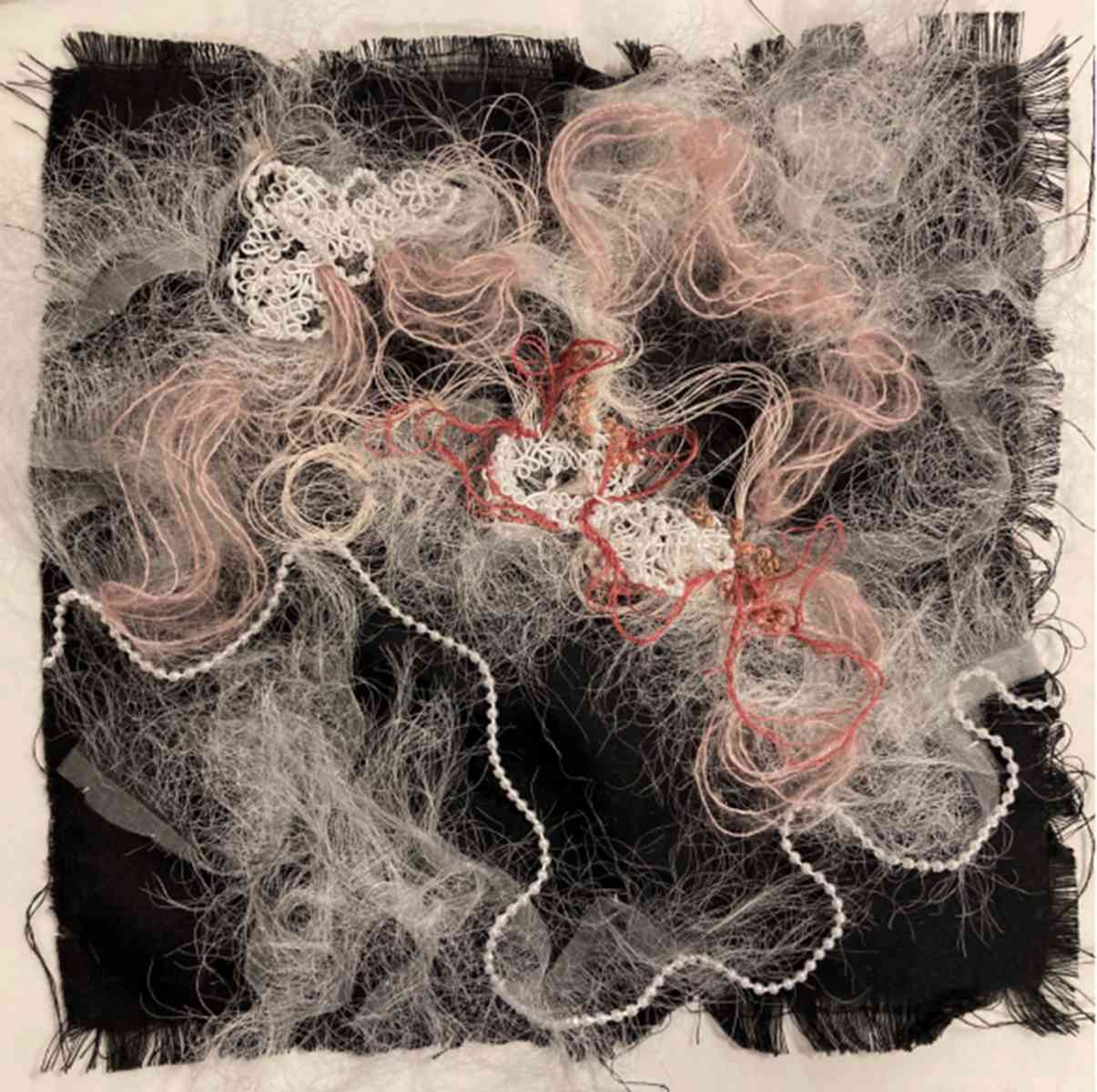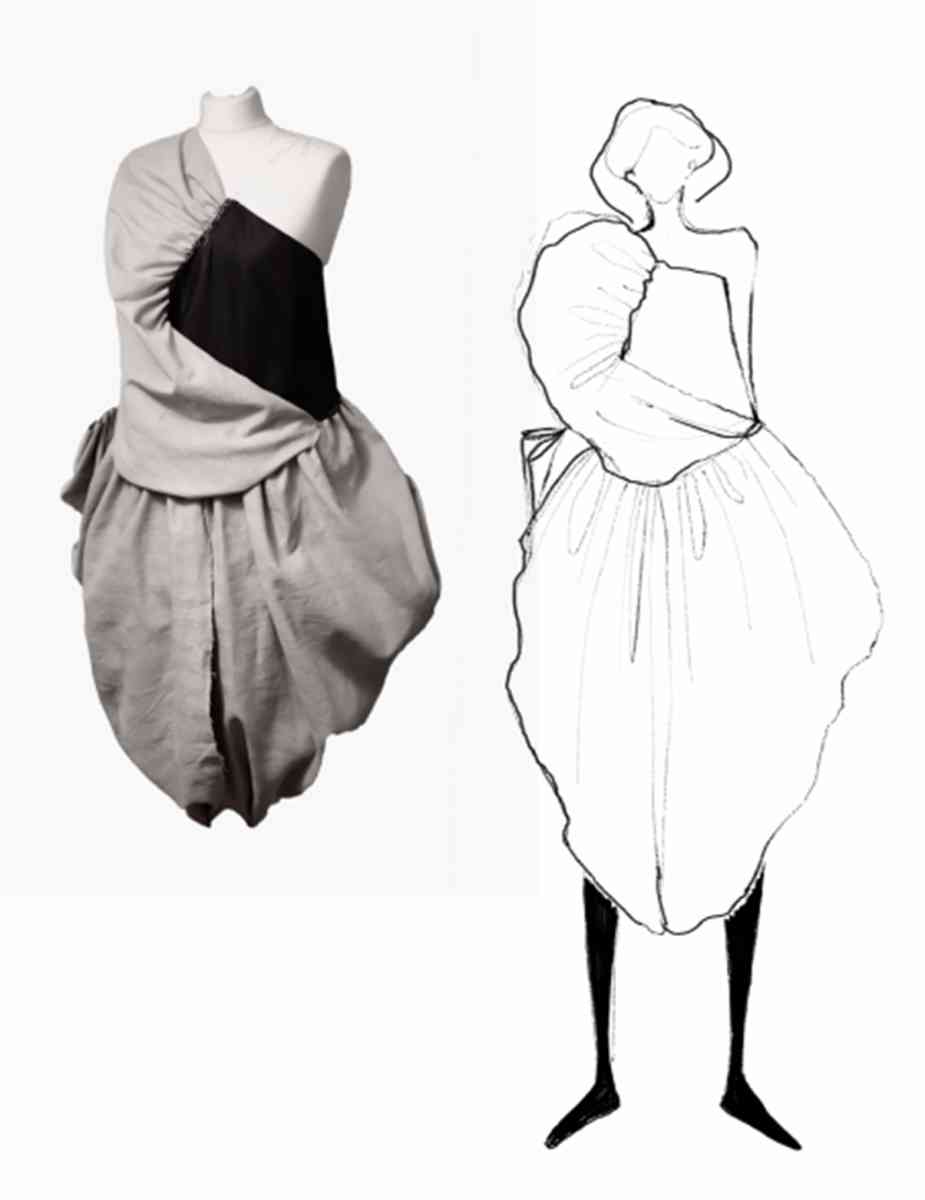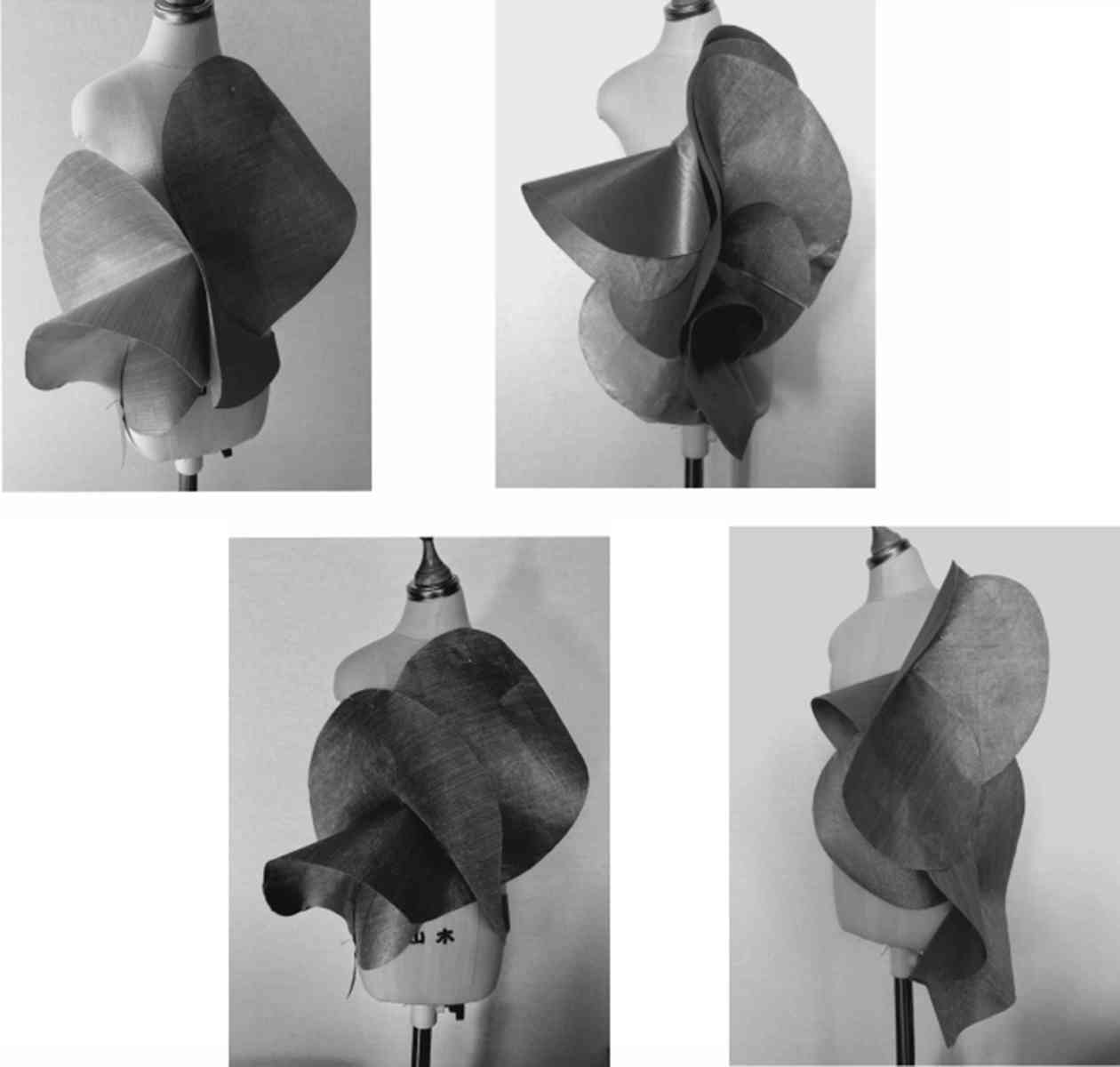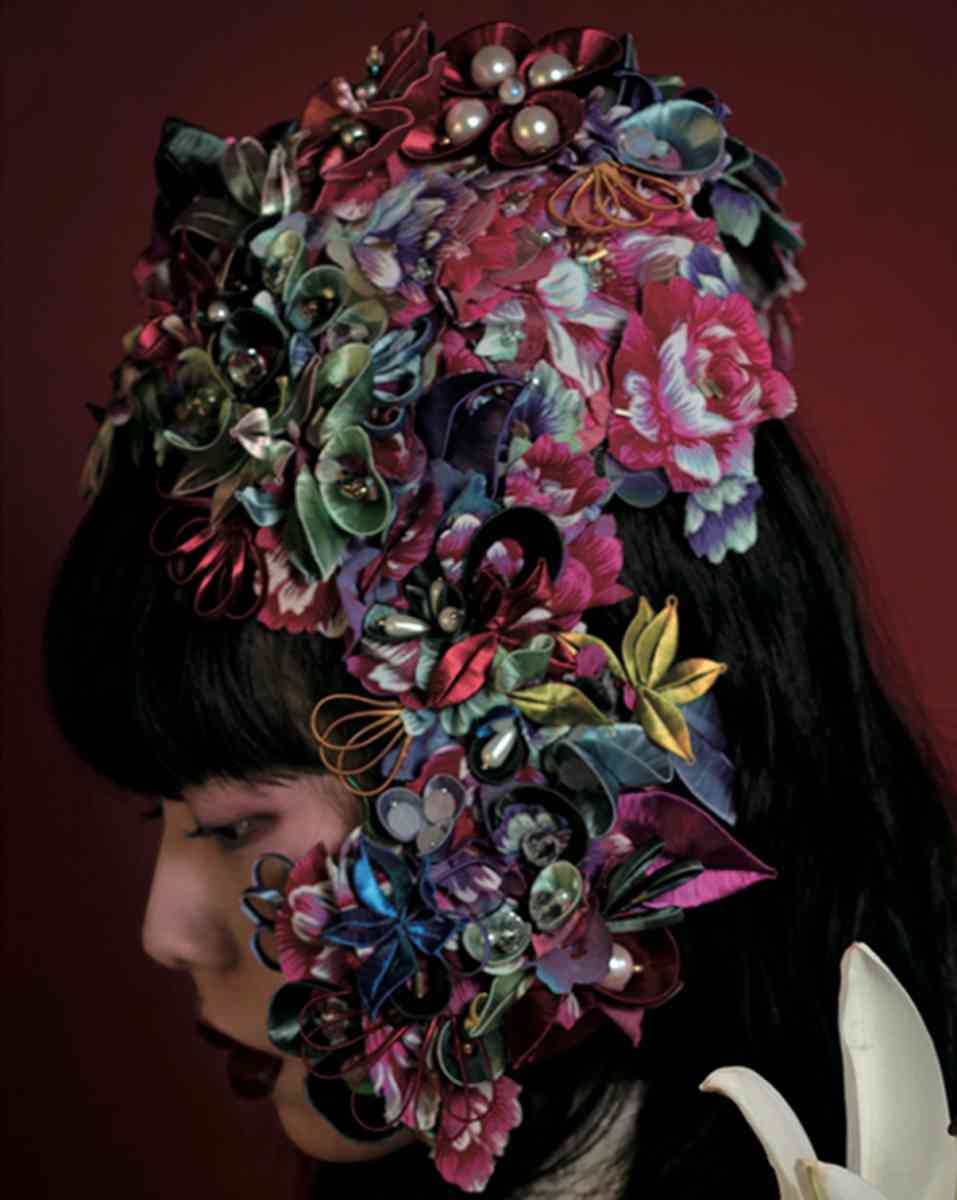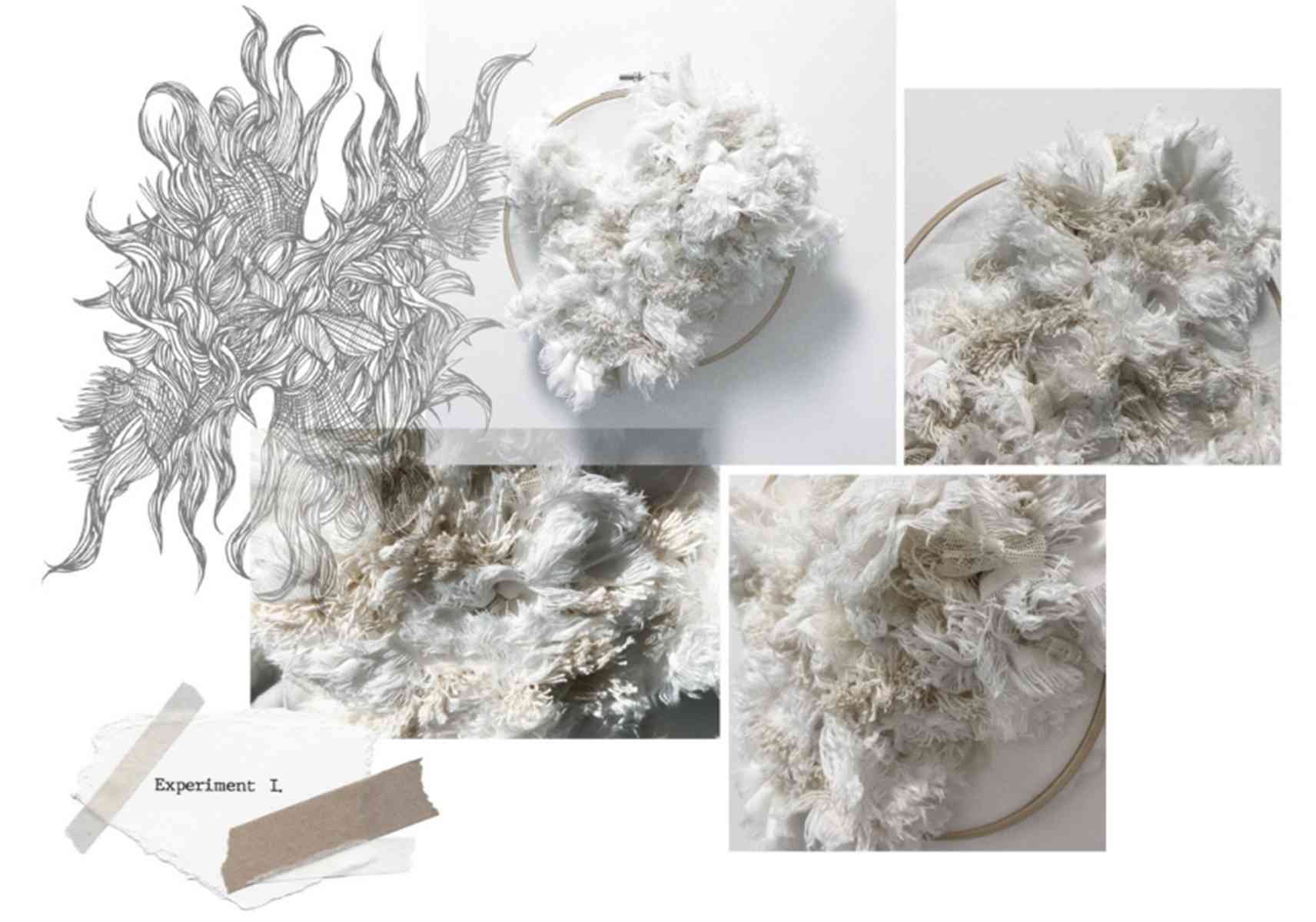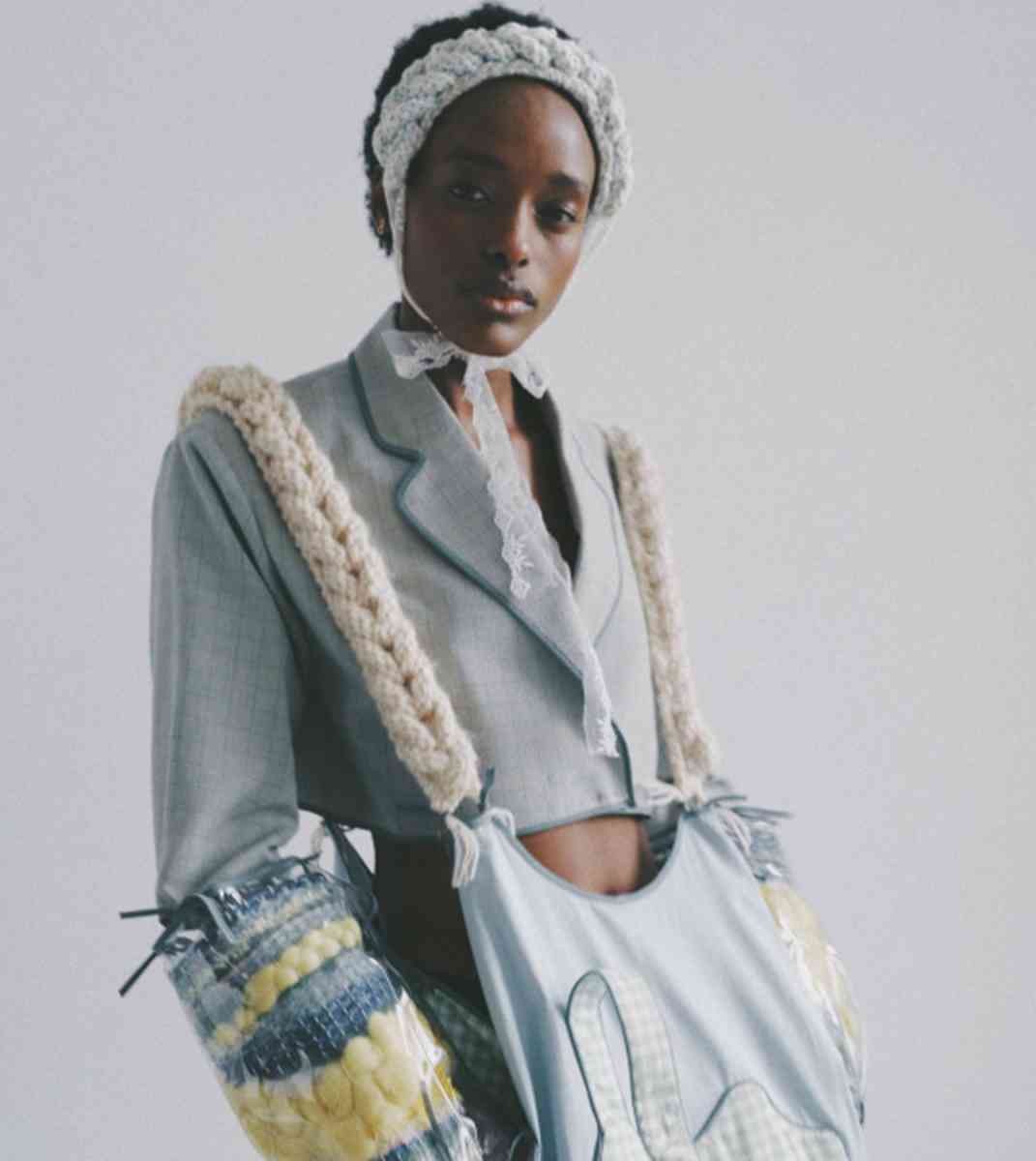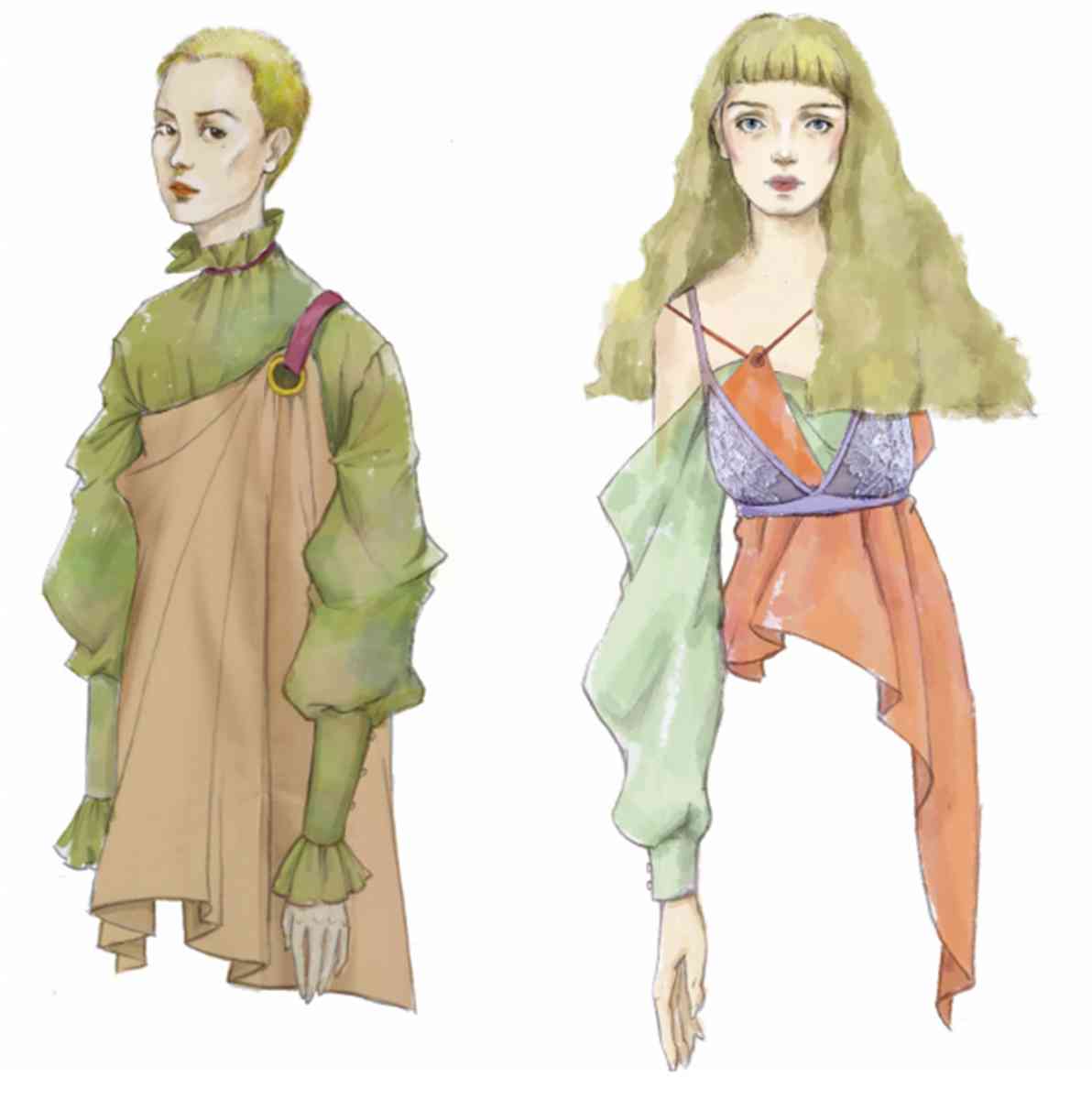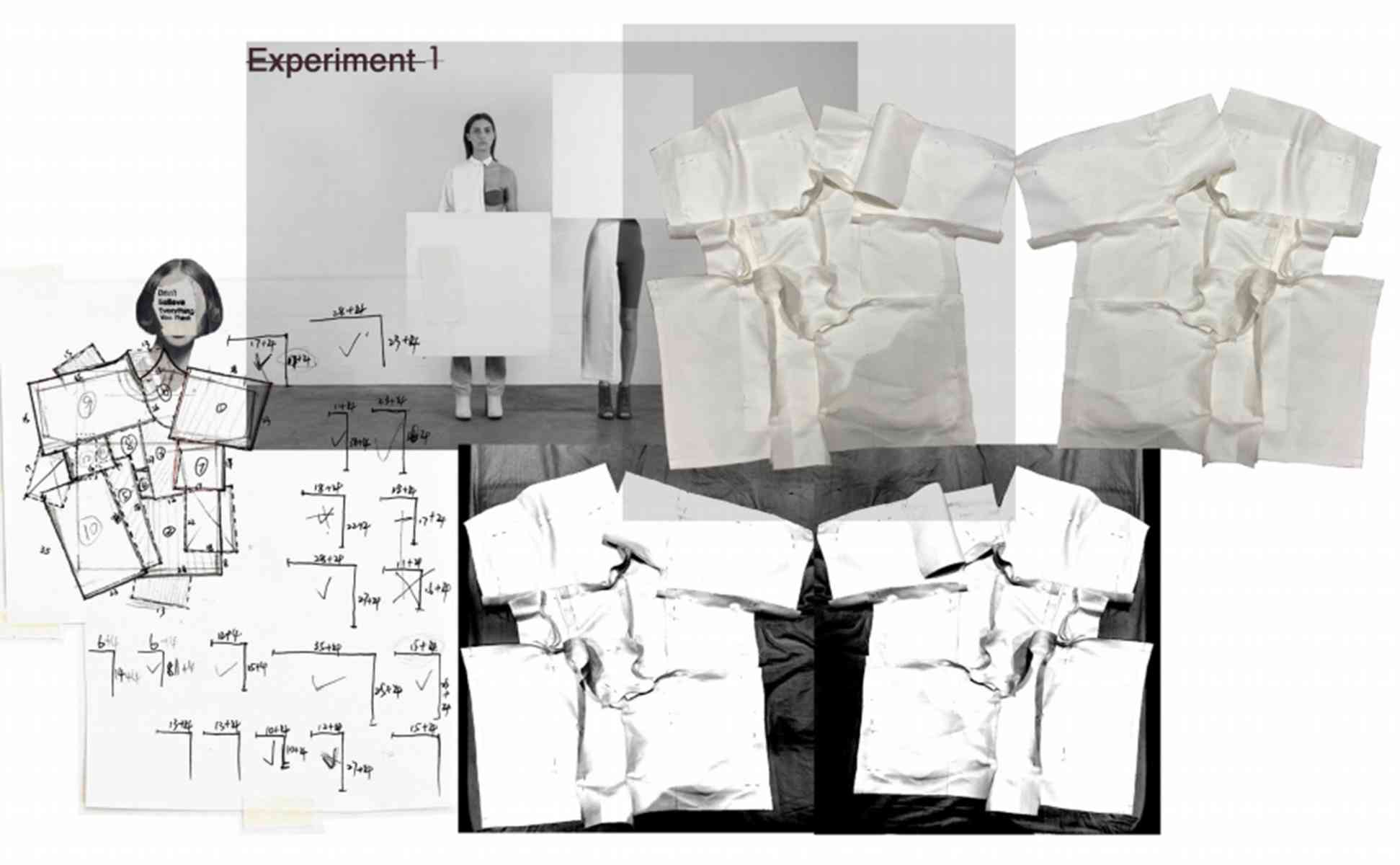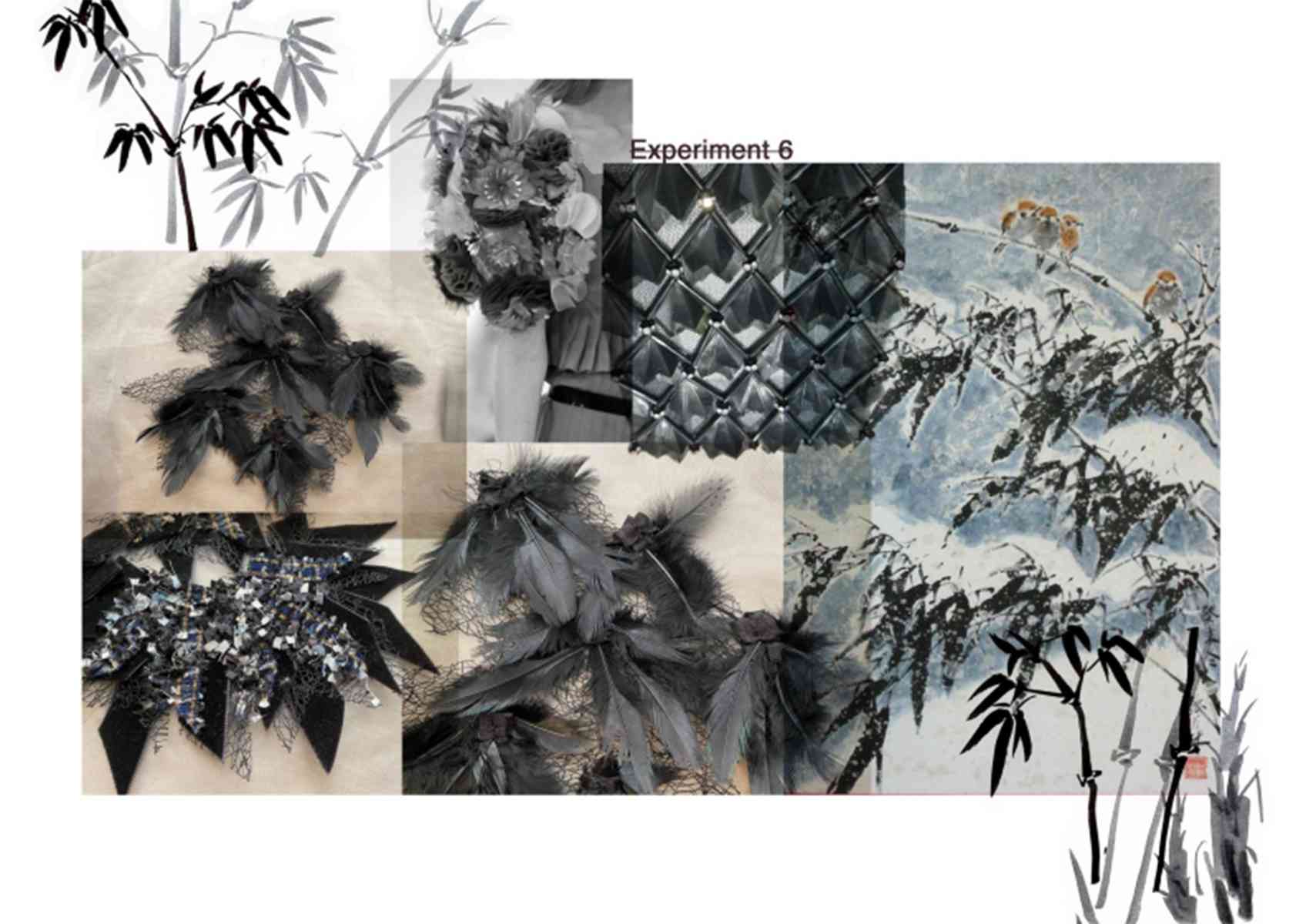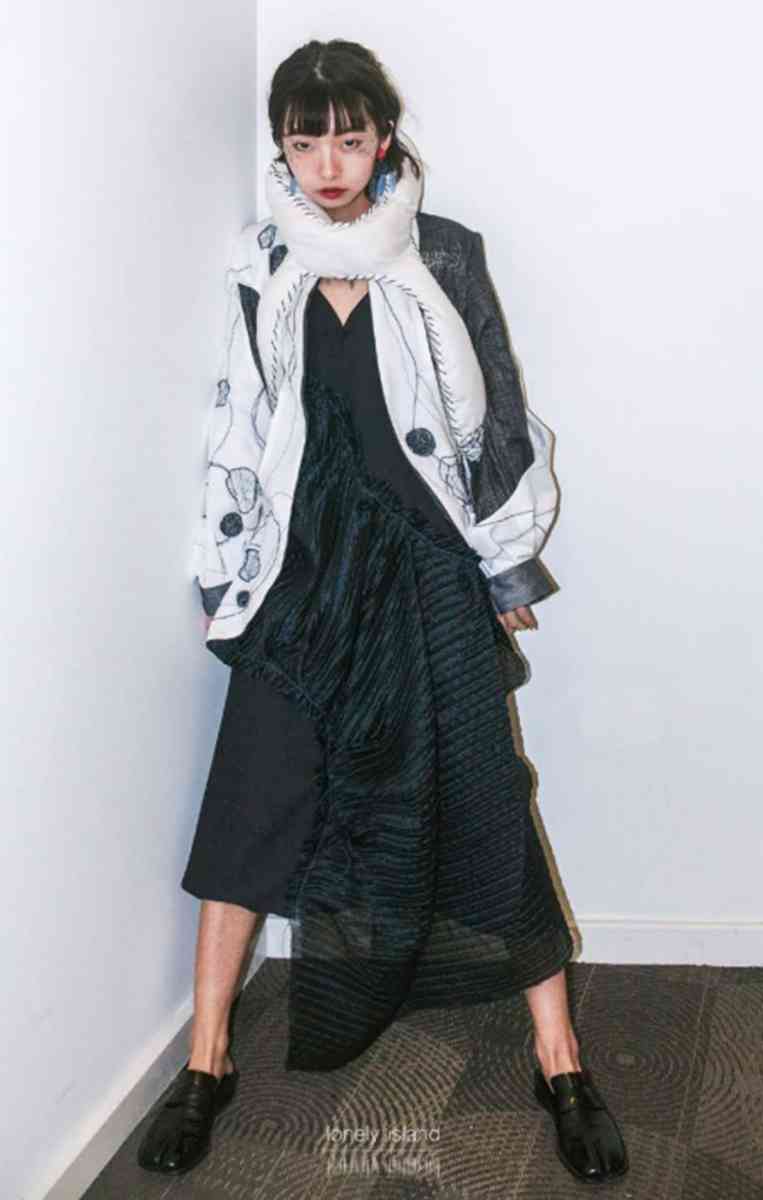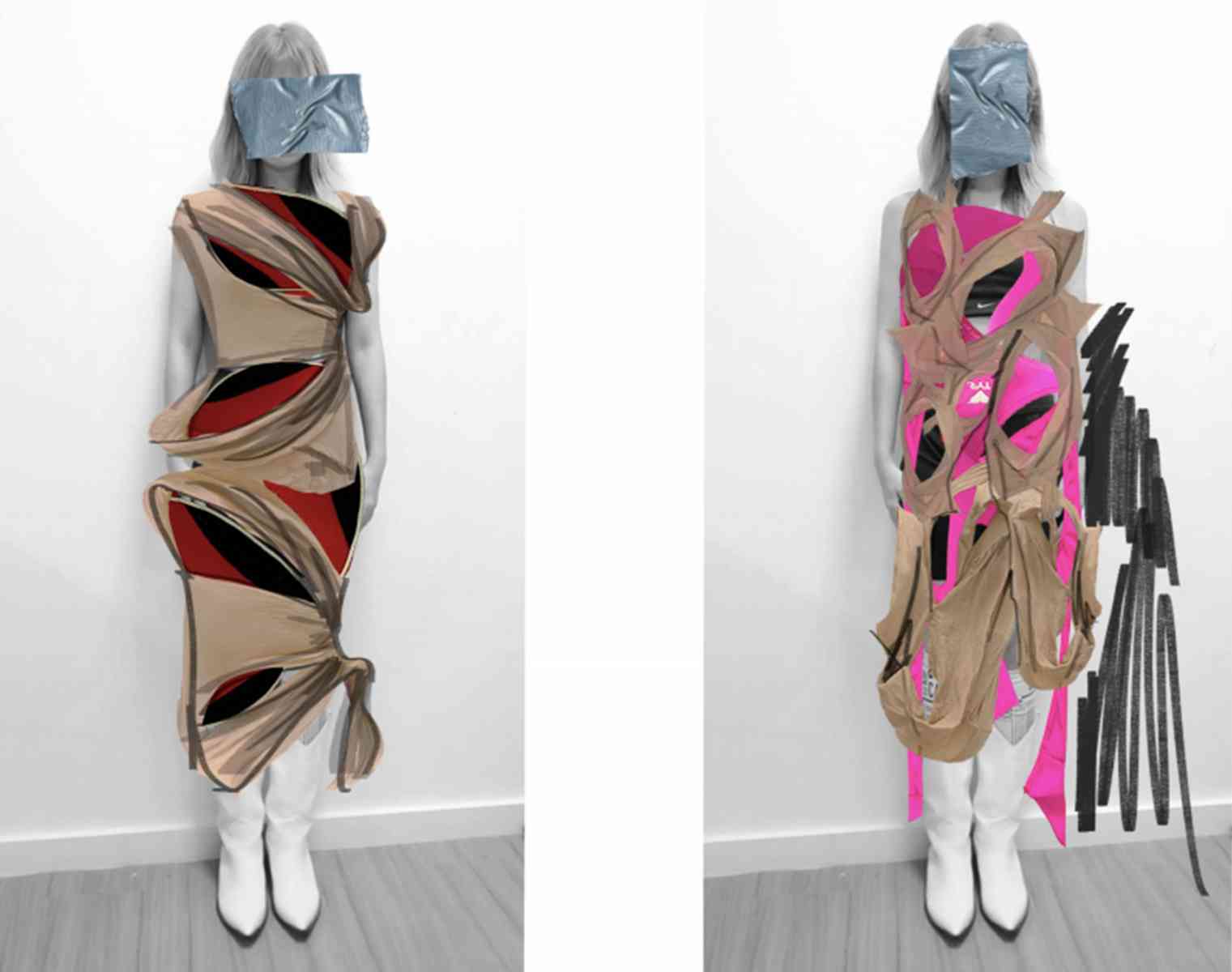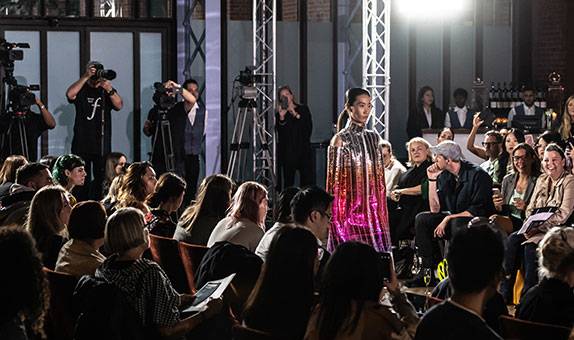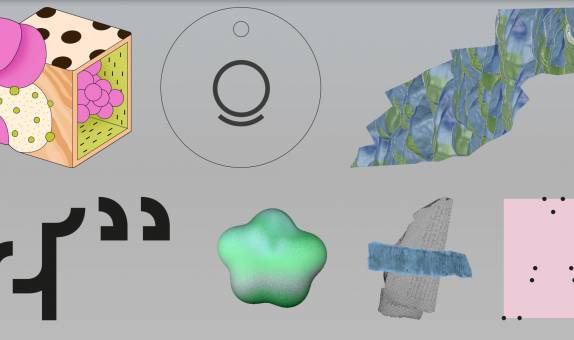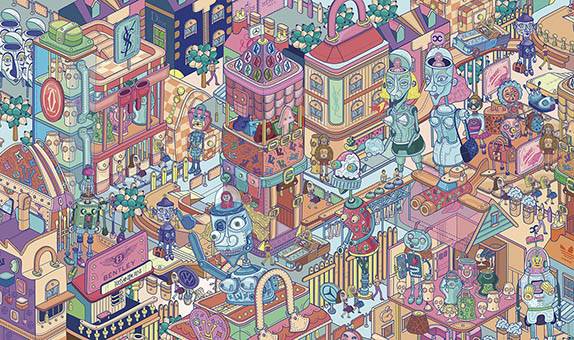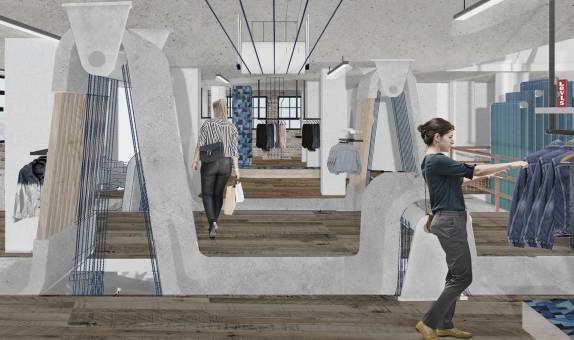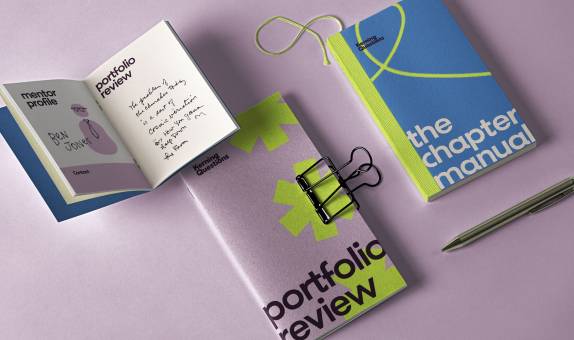Graduate Diploma Creative Practice
Why choose this course?
This course is ideal if you already have a bachelors degree and wish to progress onto one of Kingston School of Art's practice-based MA courses.
The outcome is to build a strong portfolio of relevant project work which will demonstrate your developing intellectual and practical strengths.
Projects are designed to help you develop creative and flexible thinking, sound technical skills and an understanding of the need for a variety of approaches to any given subject or brief.
| Mode | Duration | Attendance | Start date |
|---|---|---|---|
| Full time | 1 year | 2 days per week and self-directed study | September 2025 |
| Main Location | Kingston School of Art, Knights Park |
Reasons to choose Kingston University
- This stand-alone, credit-bearing course will prepare you for postgraduate study. Content is tailored to the subject you wish to pursue.
- Kingston is No.1 in the UK for Interior Design and No.2 in the UK for Fashion and Textiles (Guardian University Guide league tables 2023).
- You will work on live projects, develop creative and flexible thinking, sound technical skills and consider a variety of approaches to any subject or brief.
The Art School Experience
As part of Kingston School of Art, students on this course benefit from joining a creative community where collaborative working and critical practice are encouraged.
Our workshops and studios are open to all disciplines, enabling students and staff to work together, share ideas and explore multi-disciplinary making.

Course pathways
This course offers four pathways to choose from. Each will prepare you for further study in the relevant discipline.
- Fashion
- Graphic Design
- Interior & Product Design
- Illustration Animation
What you will study
The learning experience of this course will be tailored to your subject area (which you should indicate when you apply) by the relevant postgraduate course teams. You can choose pathways from Fashion, Graphic Design, Illustration Animation and Interior & Product Design.
You will work within your subject-specific course peer group and alongside other postgraduate students, building up a strong portfolio of relevant project work that clearly demonstrates your creative strengths. Projects are designed to help you develop creative and flexible thinking, sound technical skills, and an understanding of the need for a variety of approaches to any given subject or brief.
You'll be expected to complete two 30-credit modules and one 60-credit module, totalling 120 credits. These modules run sequentially in teaching blocks 1 and 2 and are underpinned by a learning agreement specific to your course subject area.
Modules
This course provides the opportunity to develop your creative practice within the supportive context of a peer group and throughout your studies, you'll develop your own reflective practice and confident creativity.
You will be guaranteed to progress from the Graduate Diploma to the MA identified in your Learning Agreement on the condition that you pass the programme with a merit or distinction. All other students who pass the Graduate Diploma programme will be considered for the MA programme of their choice.
It is a condition of entry to all our MA courses that students meet the necessary language qualifications.
Core modules
Global Context
30 credits
This module supports students who may be transitioning from non-creative subjects or enhancing their portfolios in preparation for progression onto the MA programme, with an emphasis on global practices, and the principles of diversity and inclusivity. It encourages students to explore and experiment taking inspiration from the world of art and design.
It is delivered across Graduate Diploma Creative Practice's various subject pathways in Teaching Block 1 and offers a contemporary discipline-focused learning experience for students in The Design School. Whilst generic aims and definitive learning outcomes are shared across the Design School, the curriculum content of this module is determined by the Departments and formally agreed through Learning Agreements between the individual student, the Course Leader and the Head of School.
Through academic guidance and tutoring, students will participate in specific teaching and learning activities aligned to their creative ambitions. The module seeks to identify, enhance and realise cognitive skills, creativity, and discipline-centric knowledge, bringing their own insights and interests to projects creating a more diverse community of practice. This module offers a supportive learning environment for the individual's creative growth alongside the potential for collaborative project-based work that fosters interdisciplinary relationships with students from other subject pathways.
Formative assessment takes place throughout the module and students are provided with continuous feedback regarding their design practice. For summative assessment students submit a portfolio of collected works built up over the duration of the module, reflecting the taught and self-directed activities undertaken. This would include, but is not limited to research, conceptual and iterative development, practical visual and physical work, presentations, visual and material studies.
Discipline and Autonomy
30 credits
Discipline and Autonomy provides a discipline-focused learning experience for students in The Design School. It serves to equip students with the discipline-based techniques, skills and knowledge they require, fostering the autonomy so essential for postgraduate study. This module supports design students in their preparation for progression to Level 7.
The module is delivered across the Graduate Diploma Creative Practice's various subject pathways in Teaching Block 1. Whilst generic aims and definitive learning outcomes are shared across the Design School, the curriculum content of this module is determined by the Departments and formally agreed through Learning Agreements between the individual student, the Course Leader and the Head of School. With the support, guidance and training from the pathway team the students will gain practical skills and an introduction to research skills, critical thinking and ethical awareness. The module will foster a sense of autonomy, empowering students with a sense of responsibility for their transition to masters-level study.
Formative assessment takes place throughout the module and students are provided with continuous feedback from staff and peers regarding their academic progress. The module is summatively assessed through a portfolio built up over the duration of the module. The portfolio is used to enable Level 6 Design students to show evidence of knowledge and understanding of the broad critical and contextual dimensions of their discipline.
Creative Practice 2
60 credits
This module is delivered in Teaching Block 2 and builds upon your creative experience, practice and skills. Whilst working toward a generic set of aims and learning outcomes, the content of this module will be to a large extent determined by your own interests and ambitions, and in response to the learning and work undertaken in Teaching Block 1.
Through academic guidance and tutoring, you will join in a range of teaching and learning activities best suited to your own creative experience, practice and skills, but will be expected to establish your own individual mode of creative practice.
The module seeks to develop and hone your specific areas of intellectual, creative and practical skills in explicit preparation for further specialist study at masters level (Level 7). Once again, formative assessment takes place throughout the module and you are provided with ongoing feedback on your work.
The module is again summatively assessed through a portfolio of work undertaken throughout the module, and it is through this body of work that you will be required to critically reflect upon your own practice and to situate this within disciplinary and/or subject specialist approaches. This module therefore supports a synthetic approach to developing your own creative practice and constitutes a 'capstone' outcome of your work on the course.
Graphic Design pathway student work
Entry requirements
Interior & Product Design pathway student work
Who teaches this course?
You'll be taught by a team of expert designers, creatives and artists, many of whom are active practitioners. Postgraduate students may also contribute to the teaching of seminars under the supervision of the module leader.
Fees for this course
Additional costs
Depending on the programme of study, there may be extra costs that are not covered by tuition fees which students will need to consider when planning their studies. Tuition fees cover the cost of your teaching, assessment and operating University facilities such as the library, access to shared IT equipment and other support services. Accommodation and living costs are not included in our fees.
Where a course has additional expenses, we make every effort to highlight them. These may include optional field trips, materials (e.g. art, design, engineering), security checks such as DBS, uniforms, specialist clothing or professional memberships.
Illustration Animation pathway student work
Facilities
Knights Park campus is situated on the Hogsmill River, with a restaurant and bar opening on to the waterside. The relatively small campus has a friendly, creative feel and includes a reception area with a gallery, art shop and the light and airy open-plan library.
After you graduate
Most graduates go on to a practice-based masters course, or work for design offices, publishing houses, interactive media, film and television companies, fashion houses and advertising agencies worldwide.
What our students say
Fashion pathway student work
Links with business and industry
Kingston School of Art has excellent industrial links, both in the UK, and abroad and graduates are employed across the whole spectrum of the creative industries.
Each year, most of our students progress directly to study their chosen MA programmes at Kingston, or at other respected national and international institutions. The majority of those who progress to courses at Kingston successfully complete their degrees and go on to work in design offices, publishing houses, interactive media, film and television companies, fashion houses and advertising agencies worldwide.
Many of our students have established their own successful companies. Kingston School of Art has a strong presence in the global design community, and our students have an enviable record of employment.
Course changes and regulations
The information on this page reflects the currently intended course structure and module details. To improve your student experience and the quality of your degree, we may review and change the material information of this course. Course changes explained.
Programme Specifications for the course are published ahead of each academic year.
Regulations governing this course can be found on our website.
